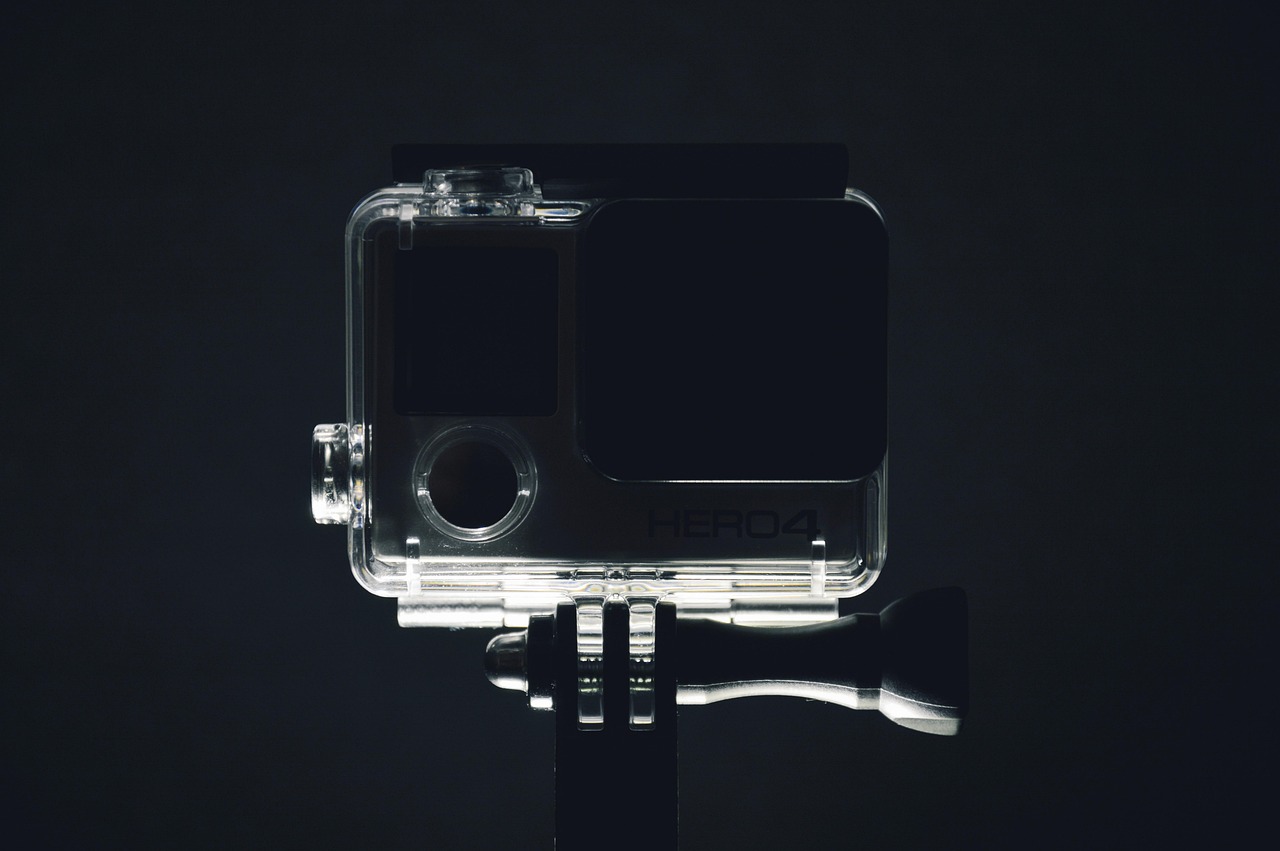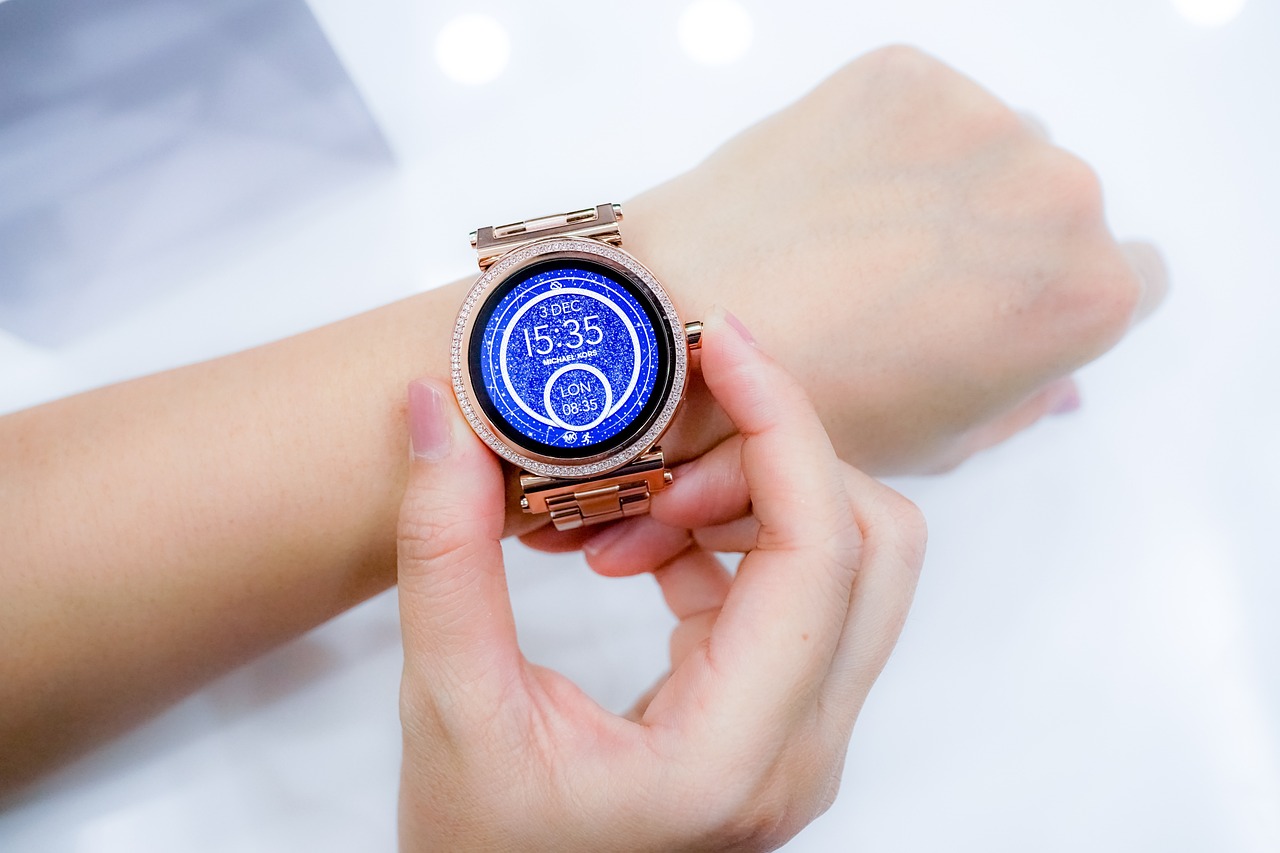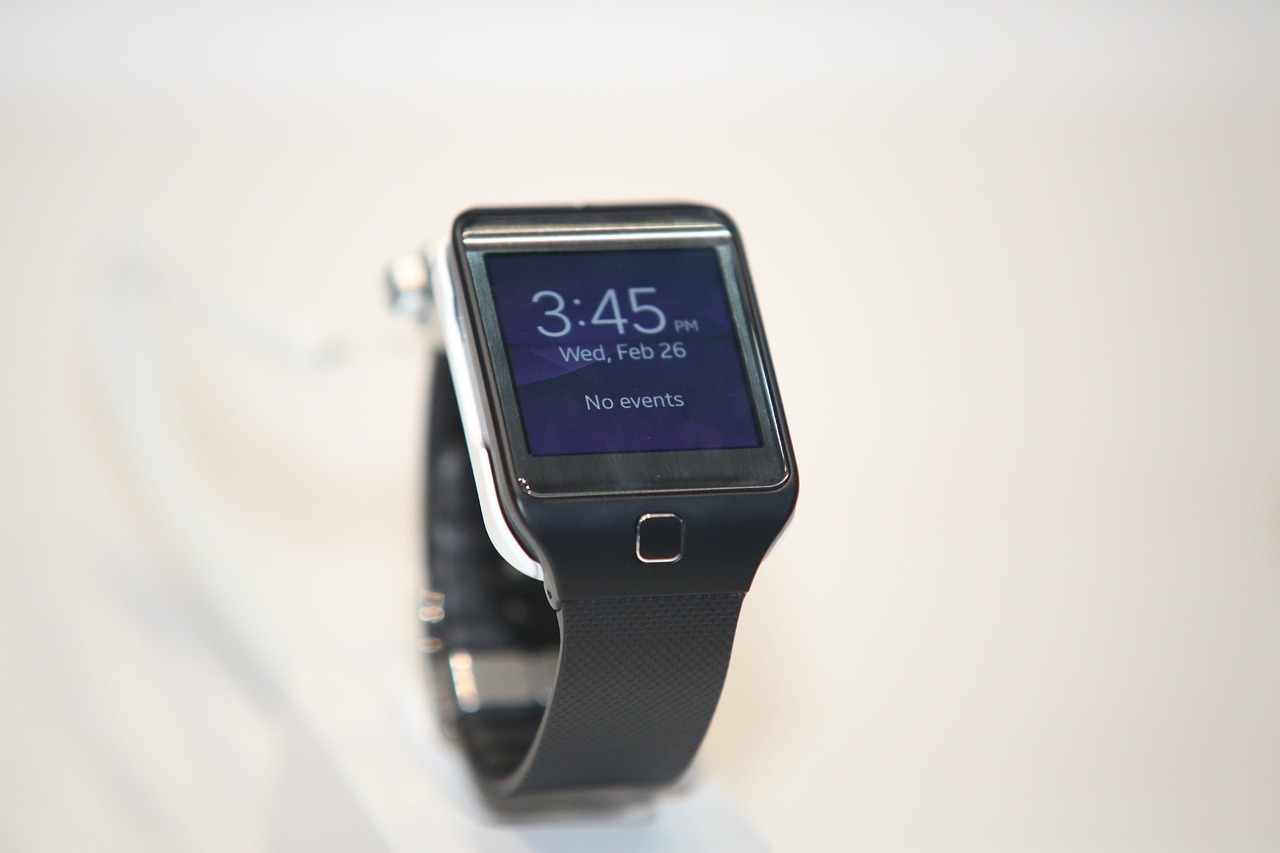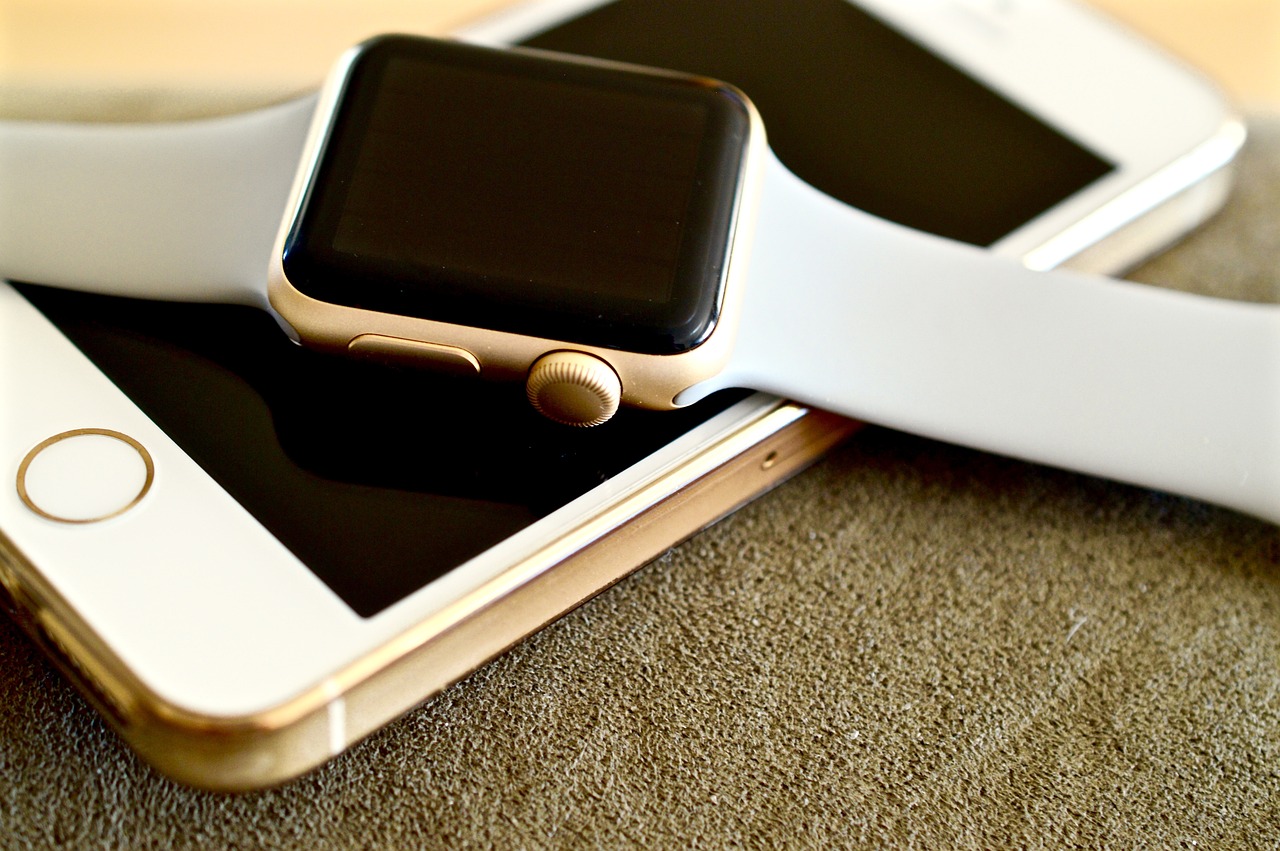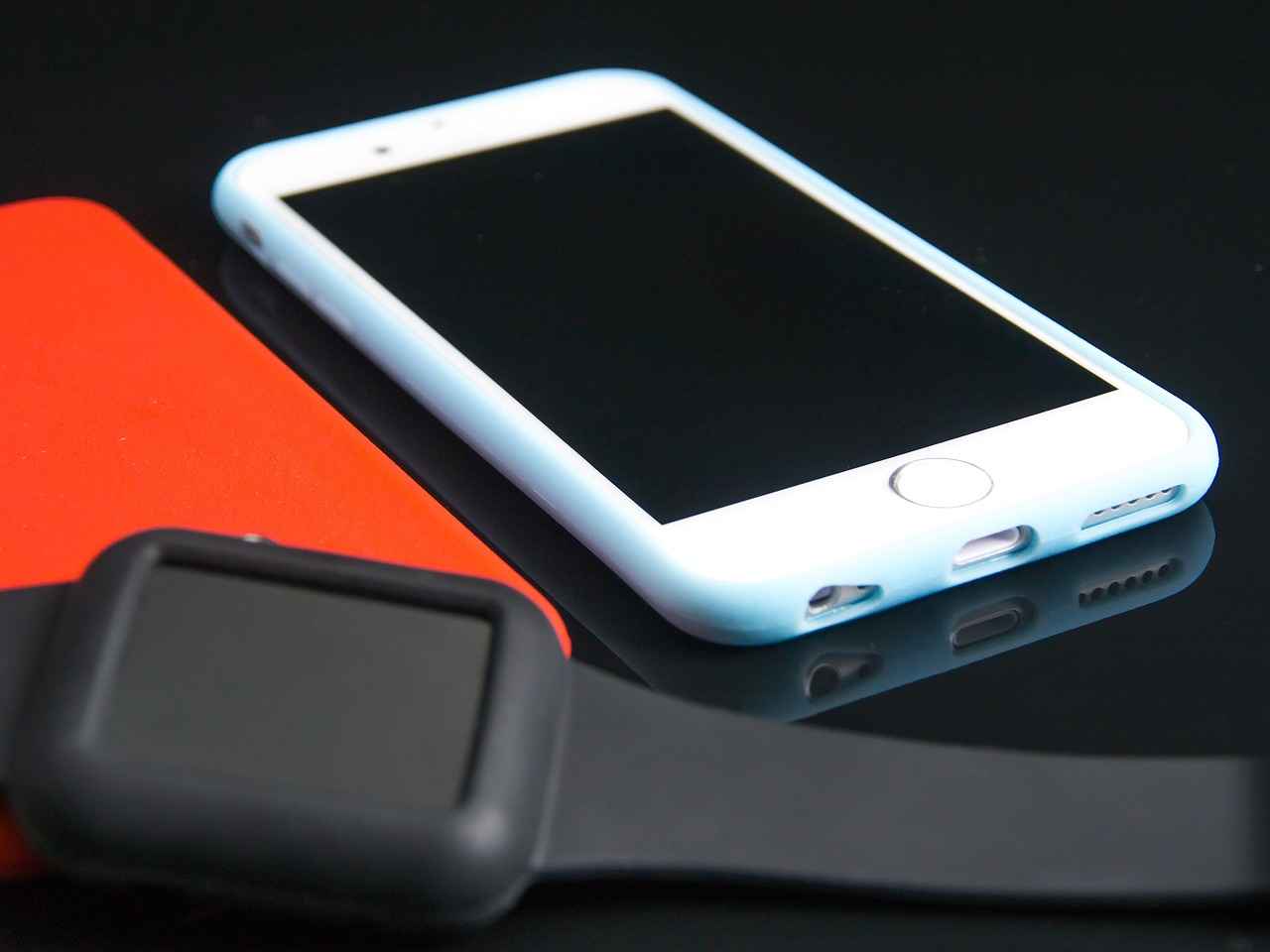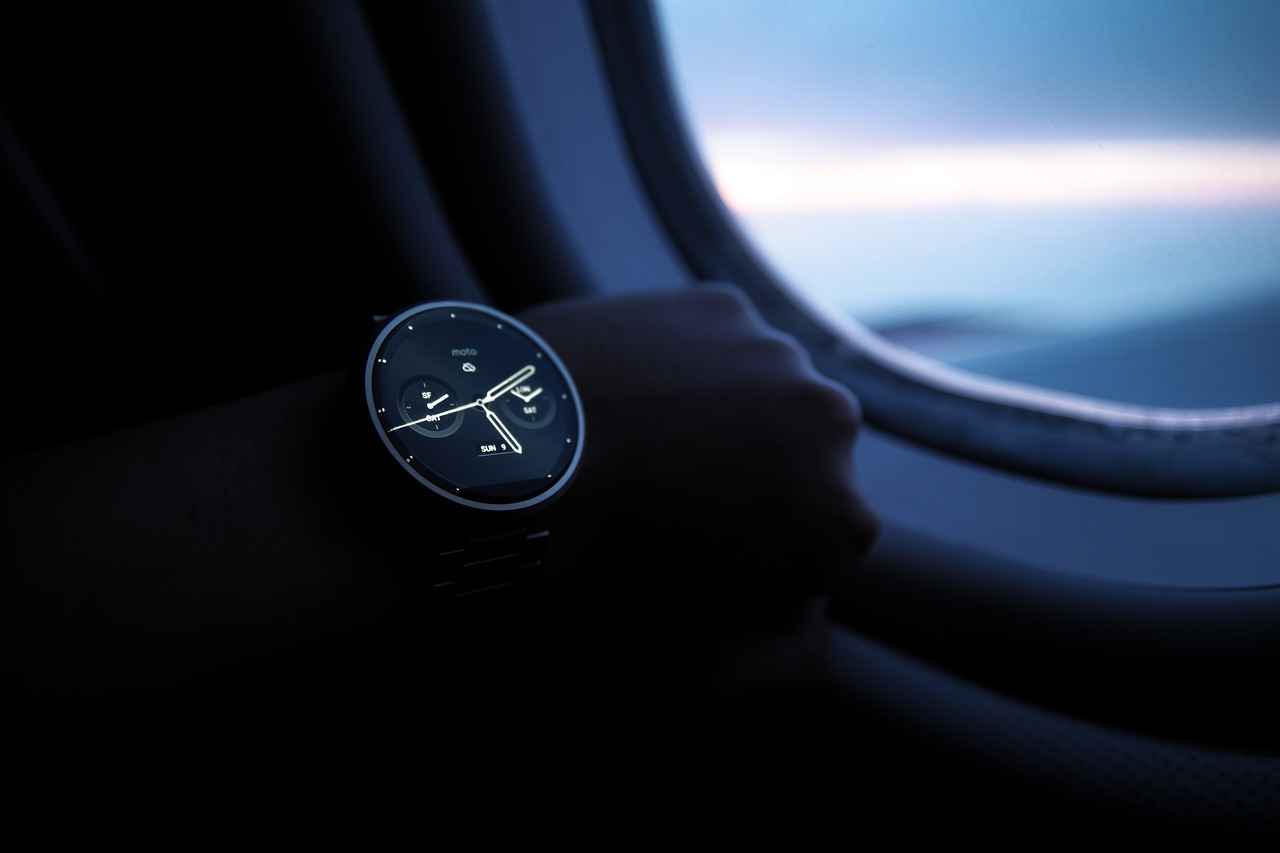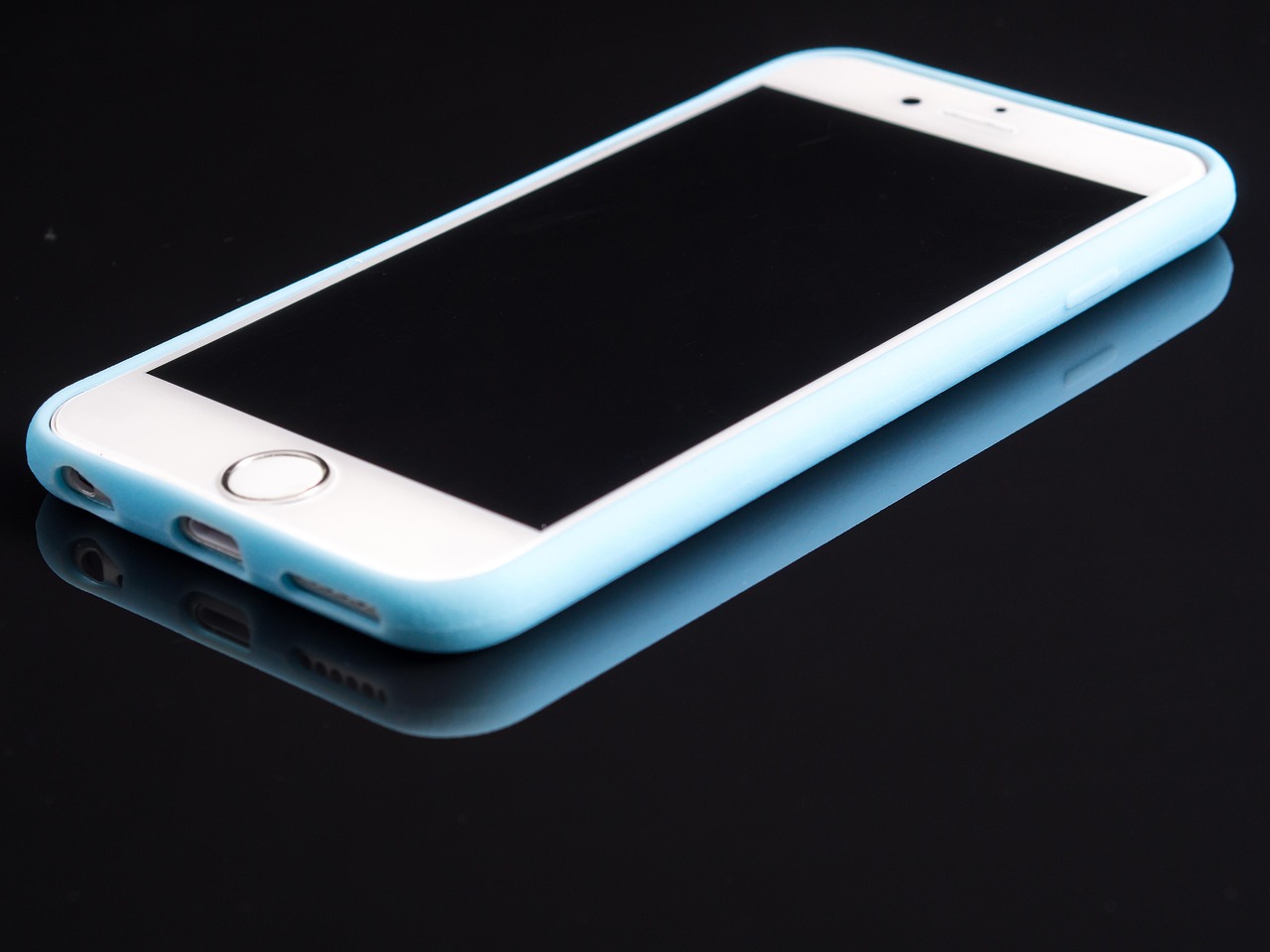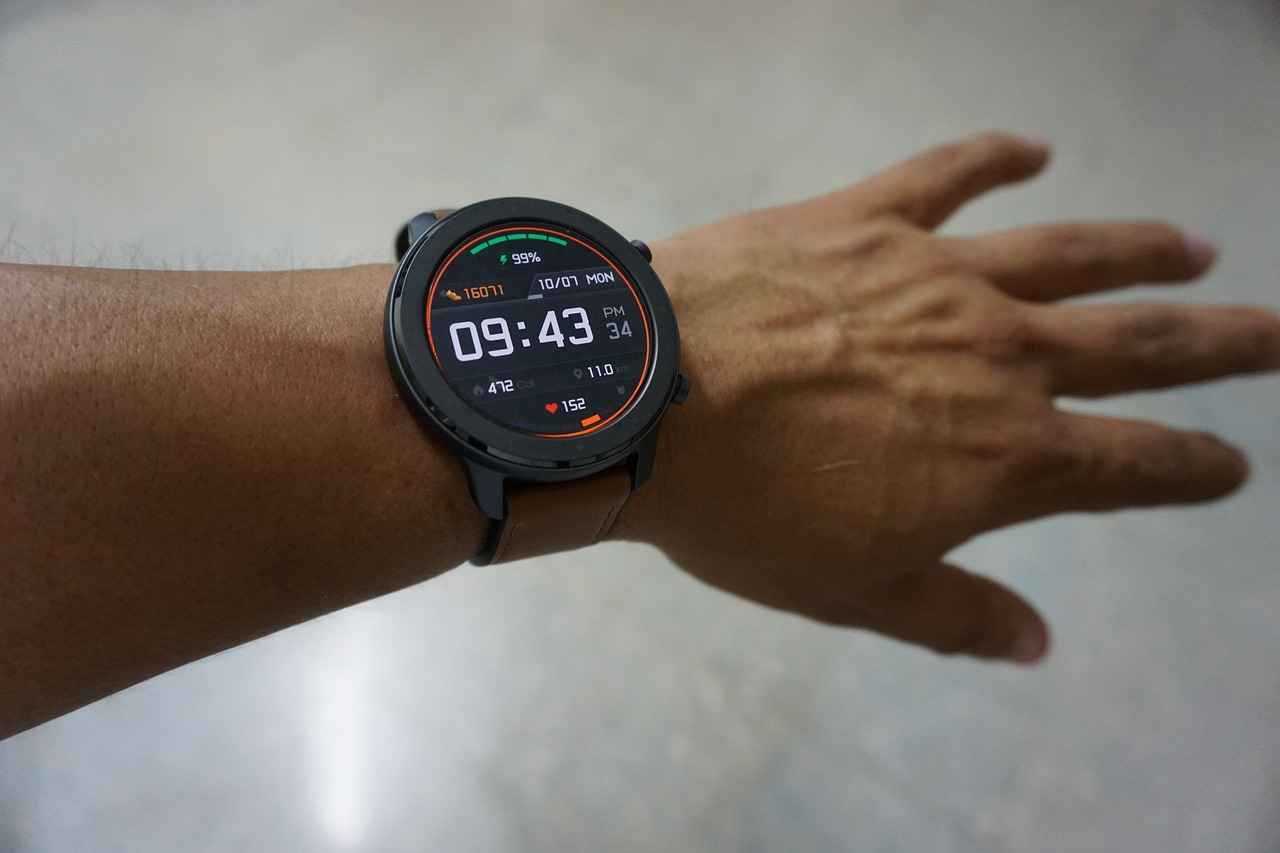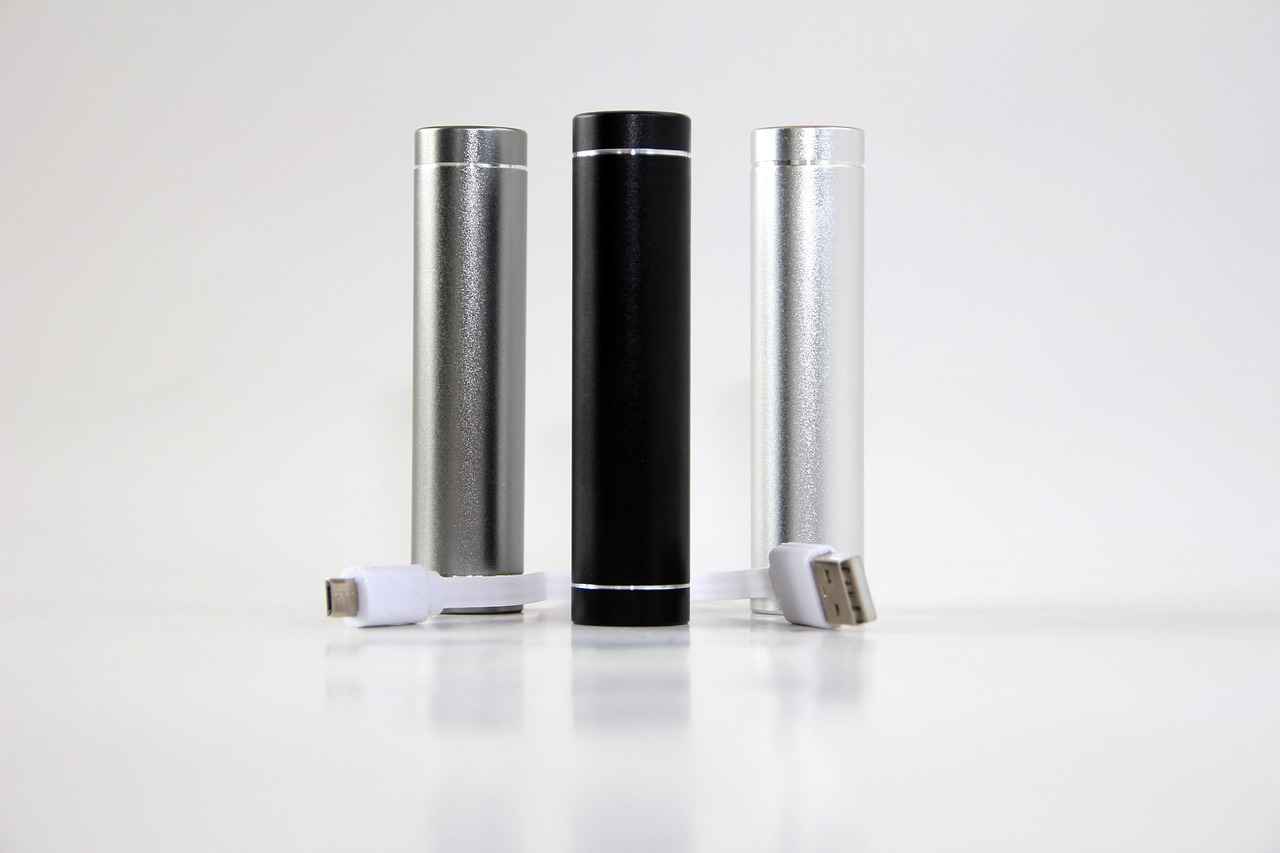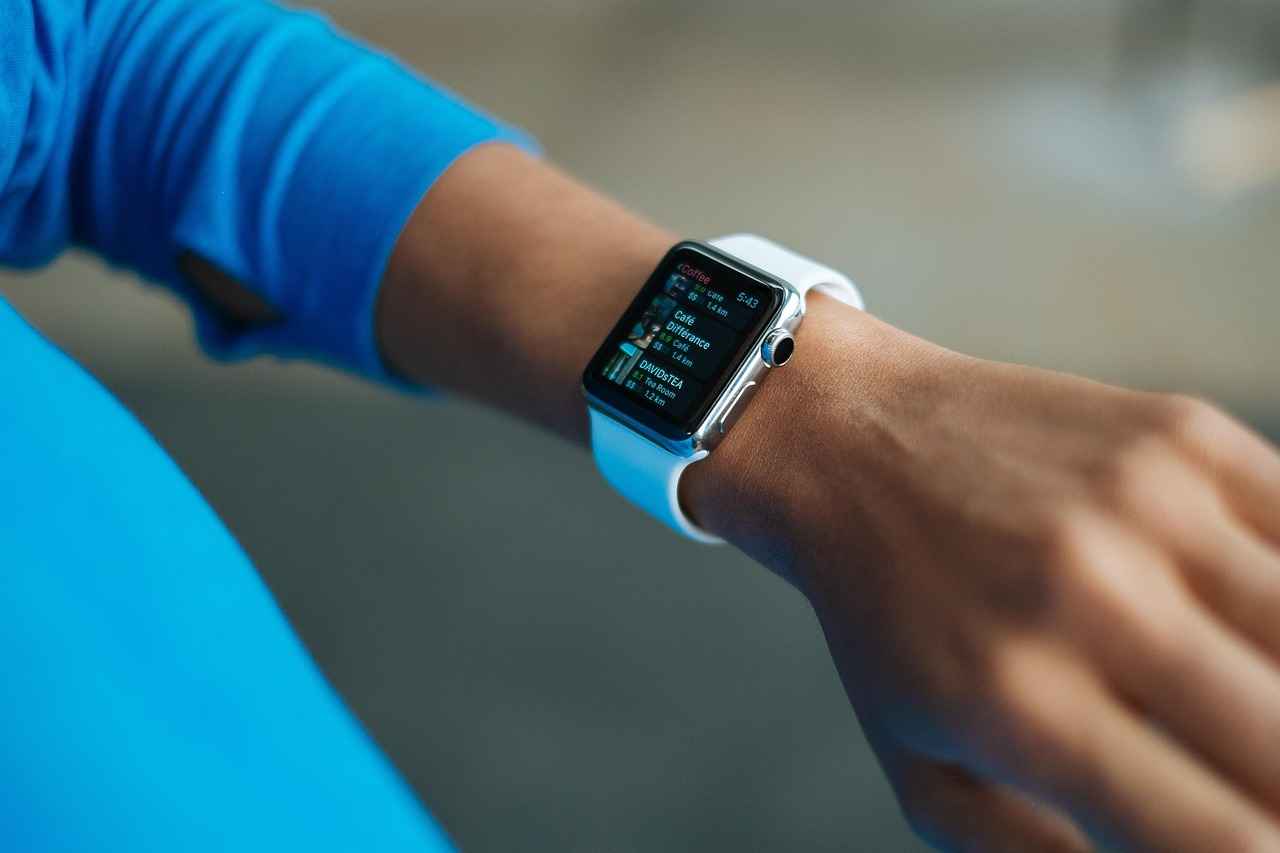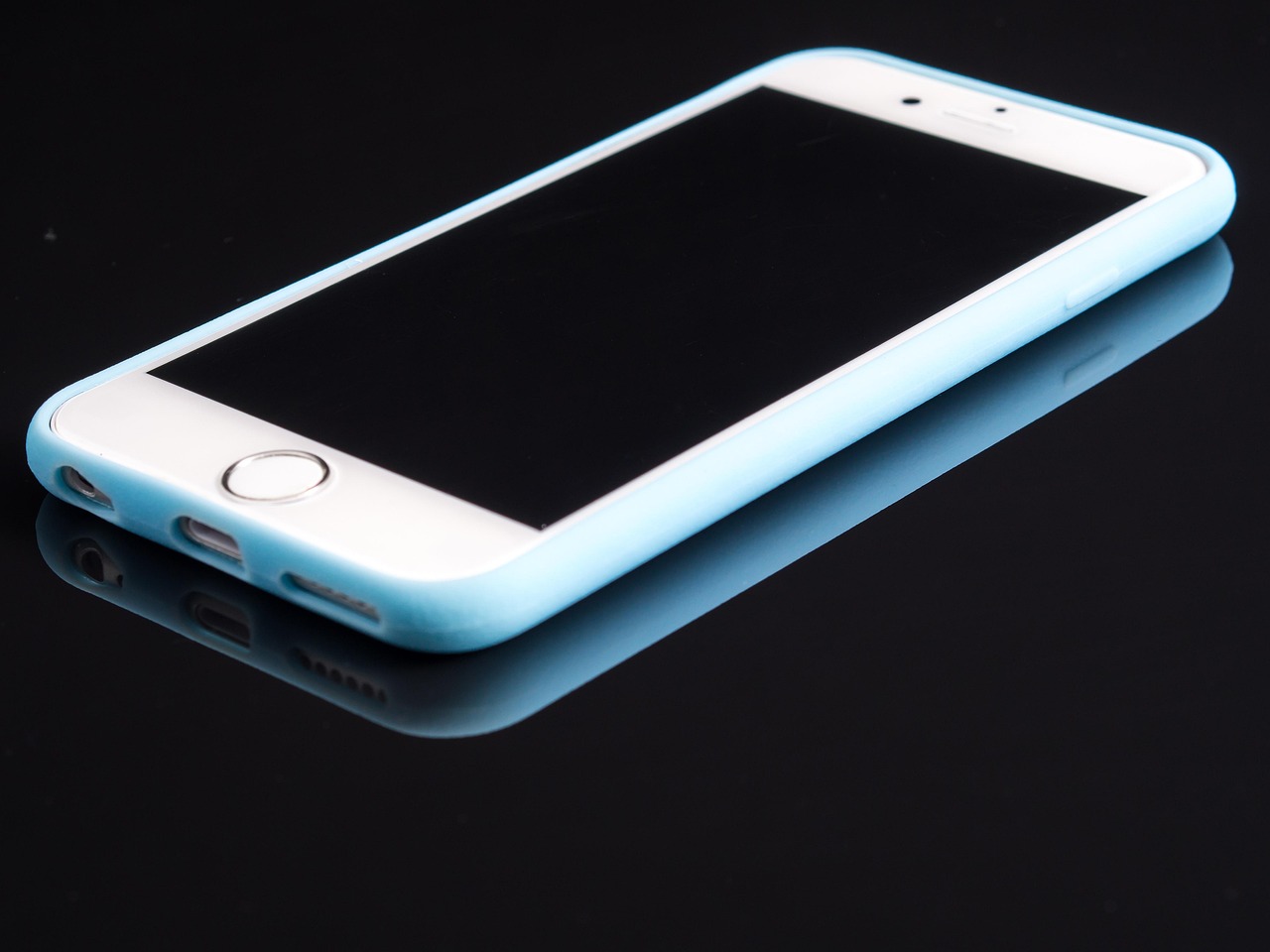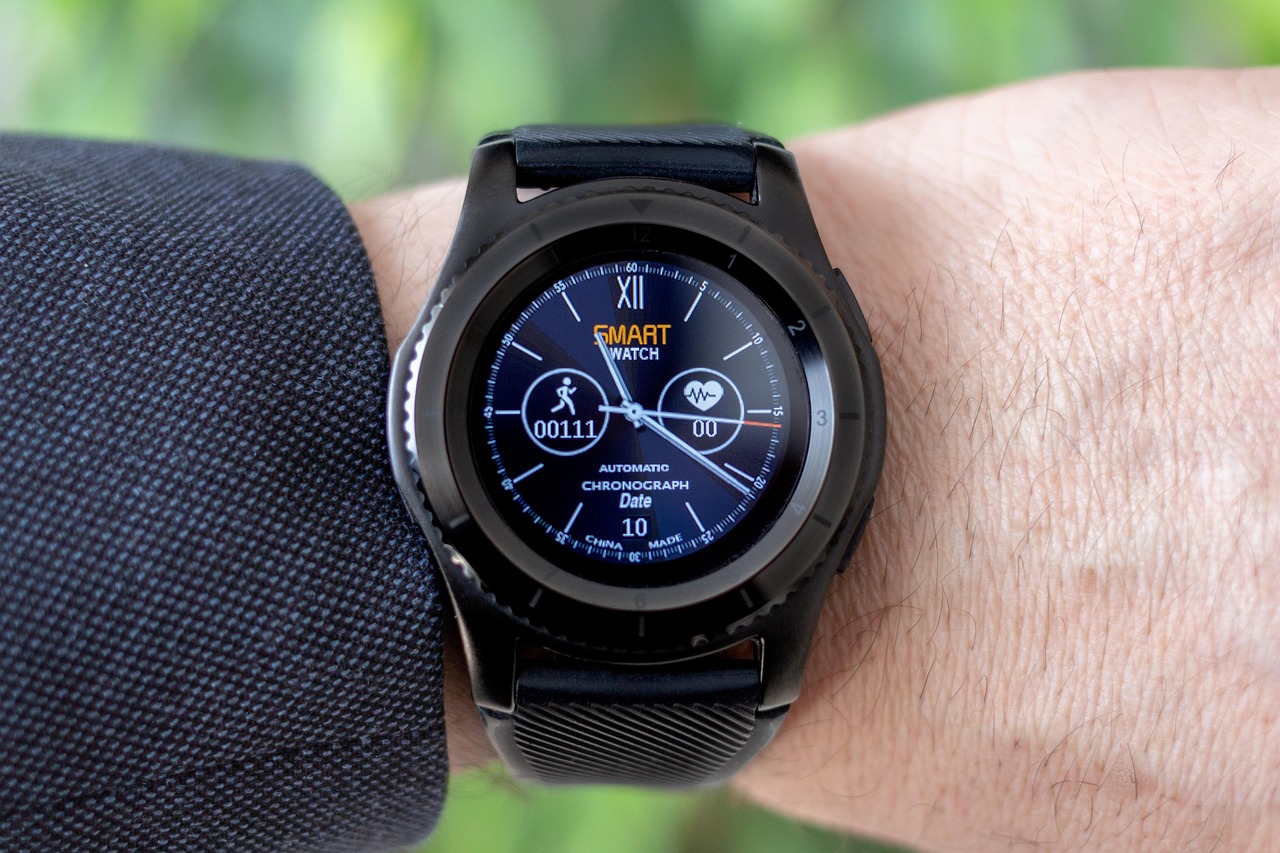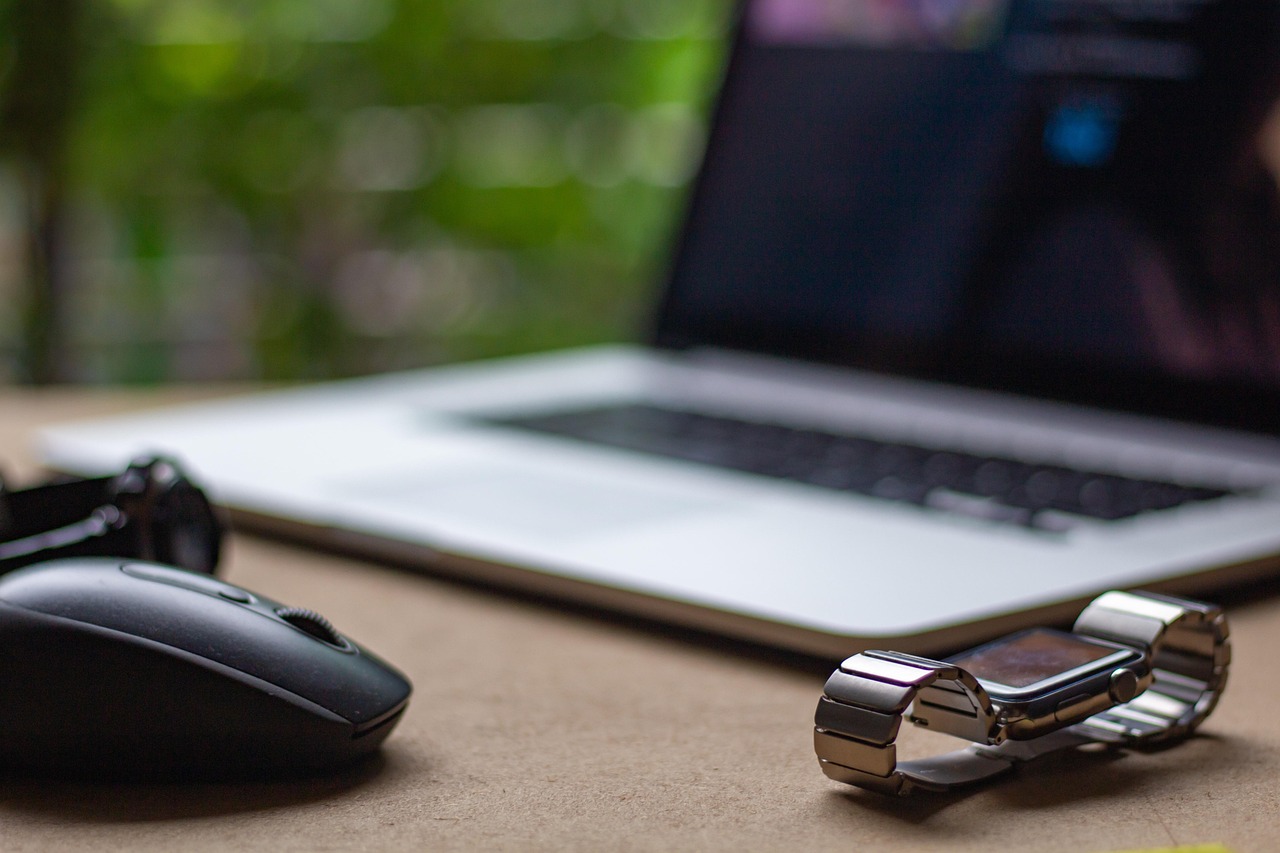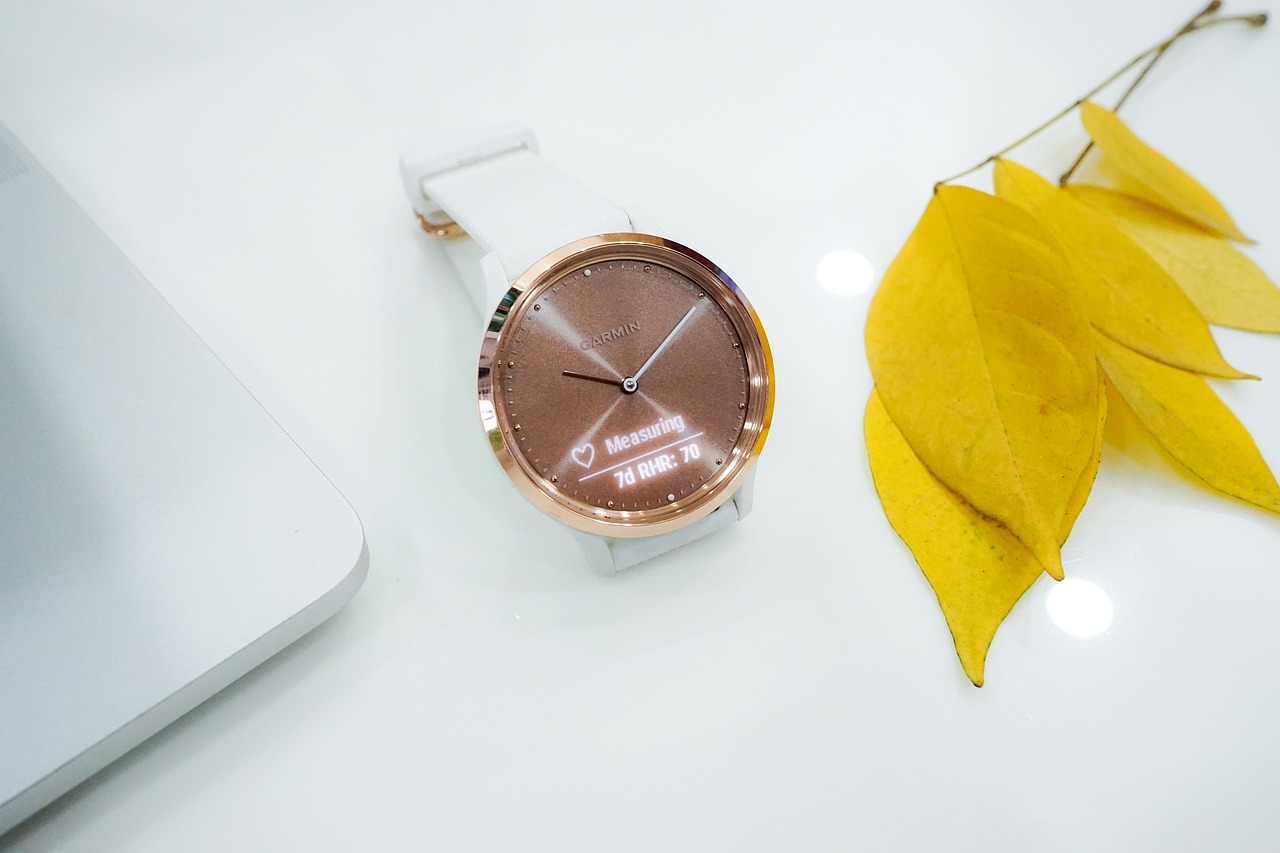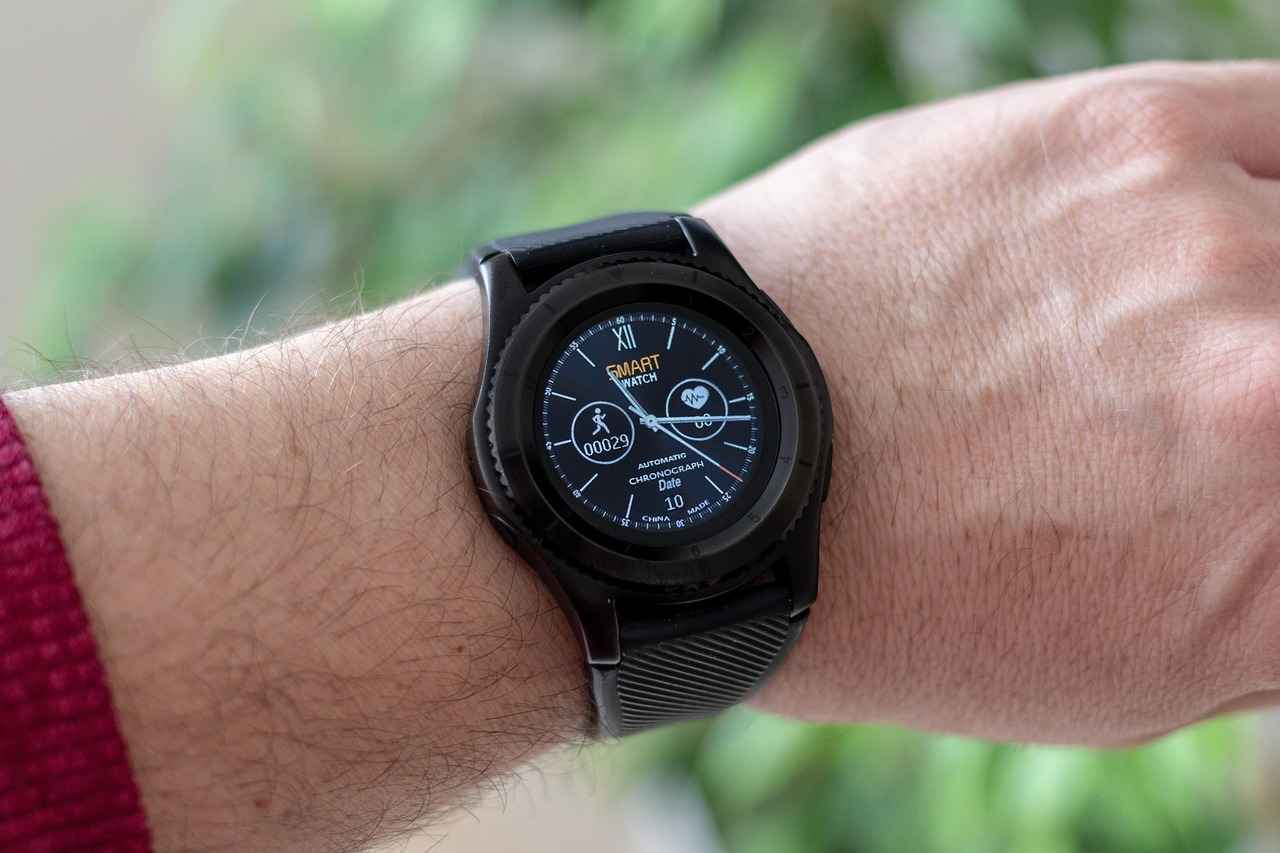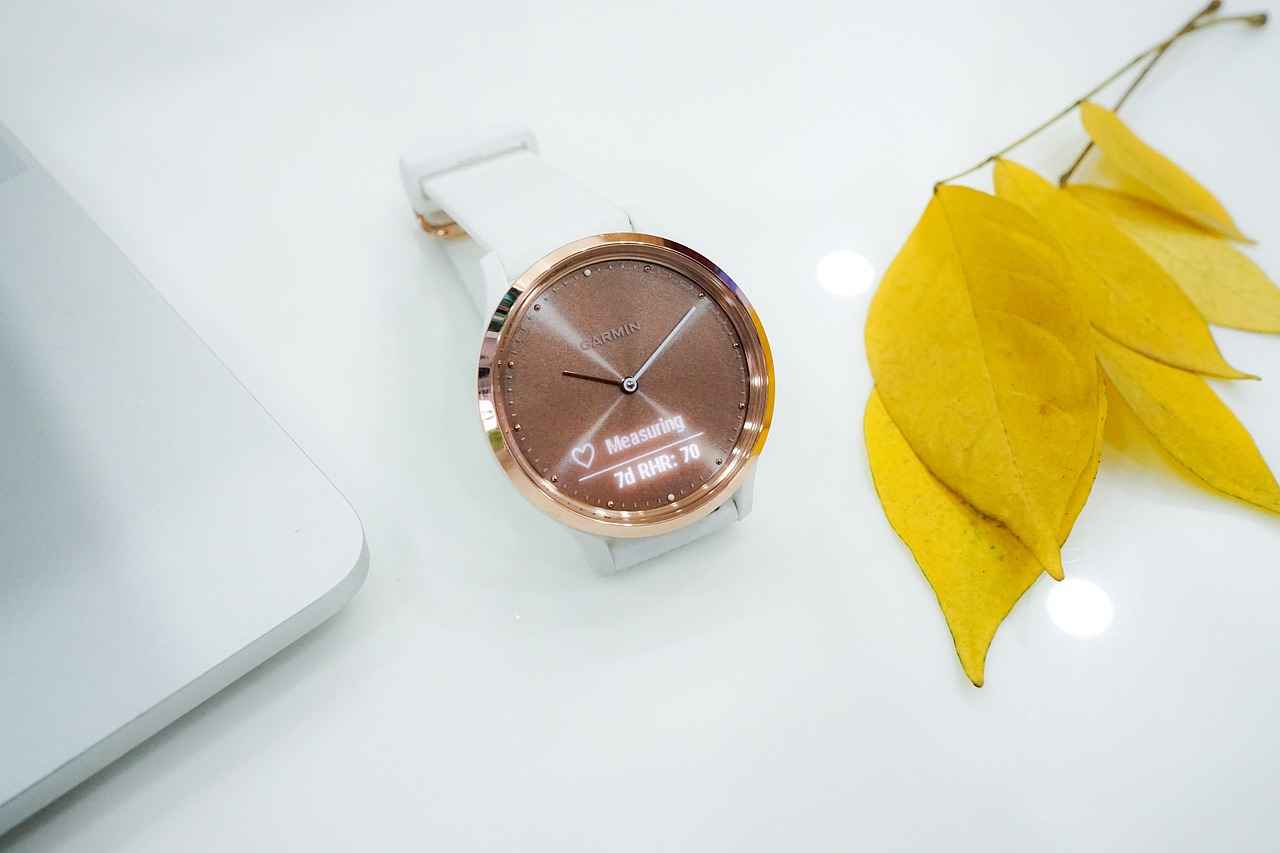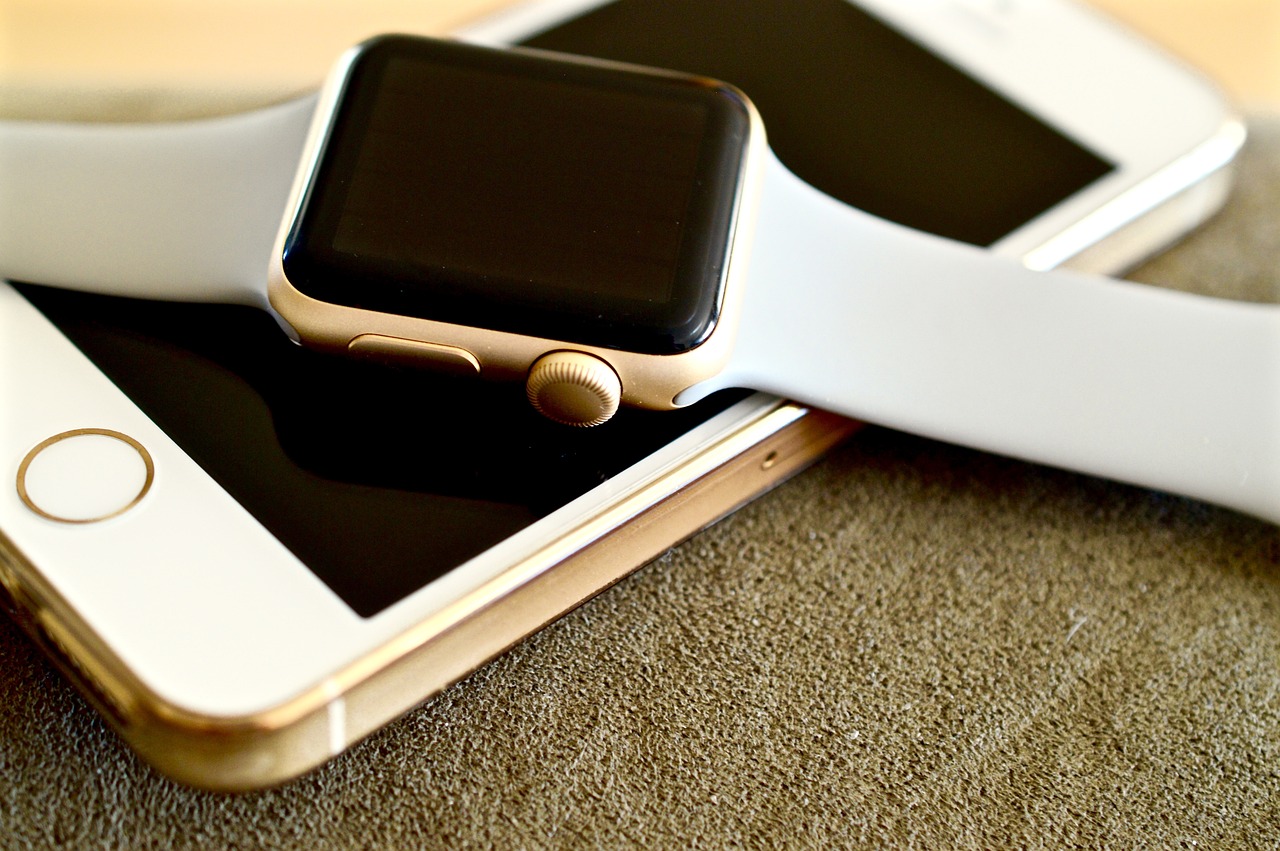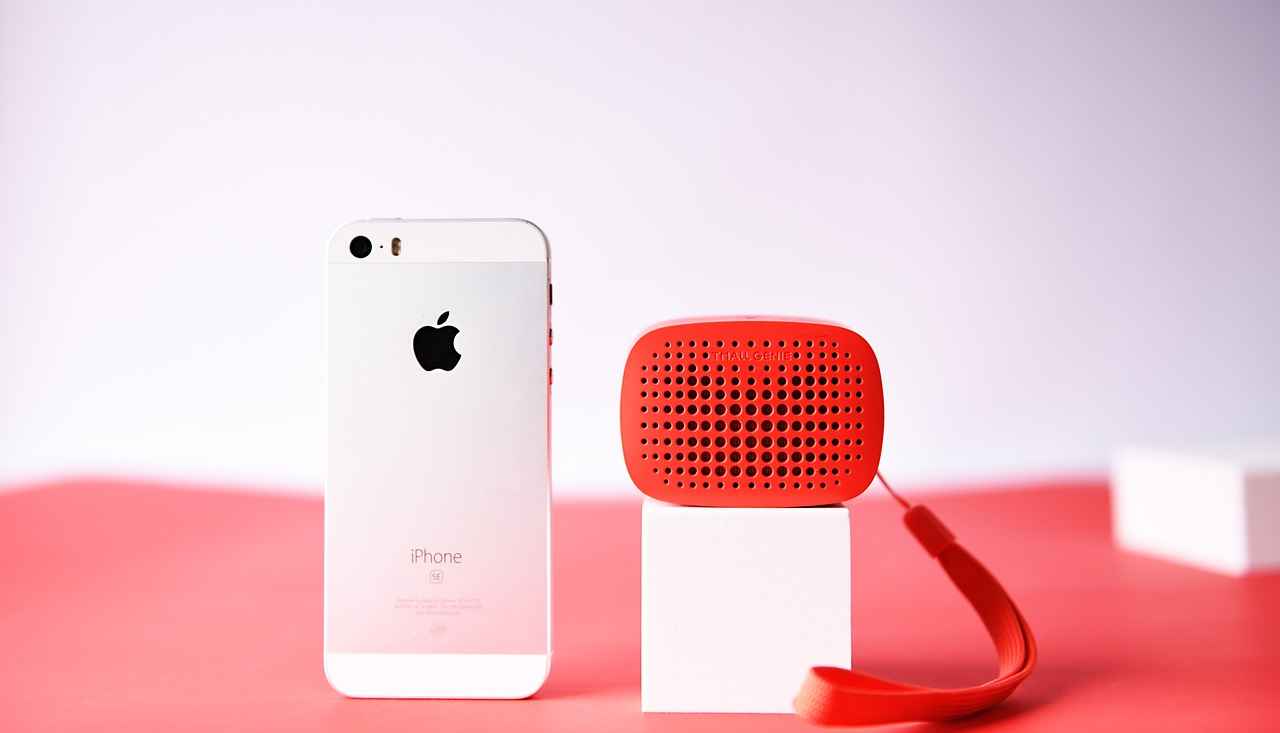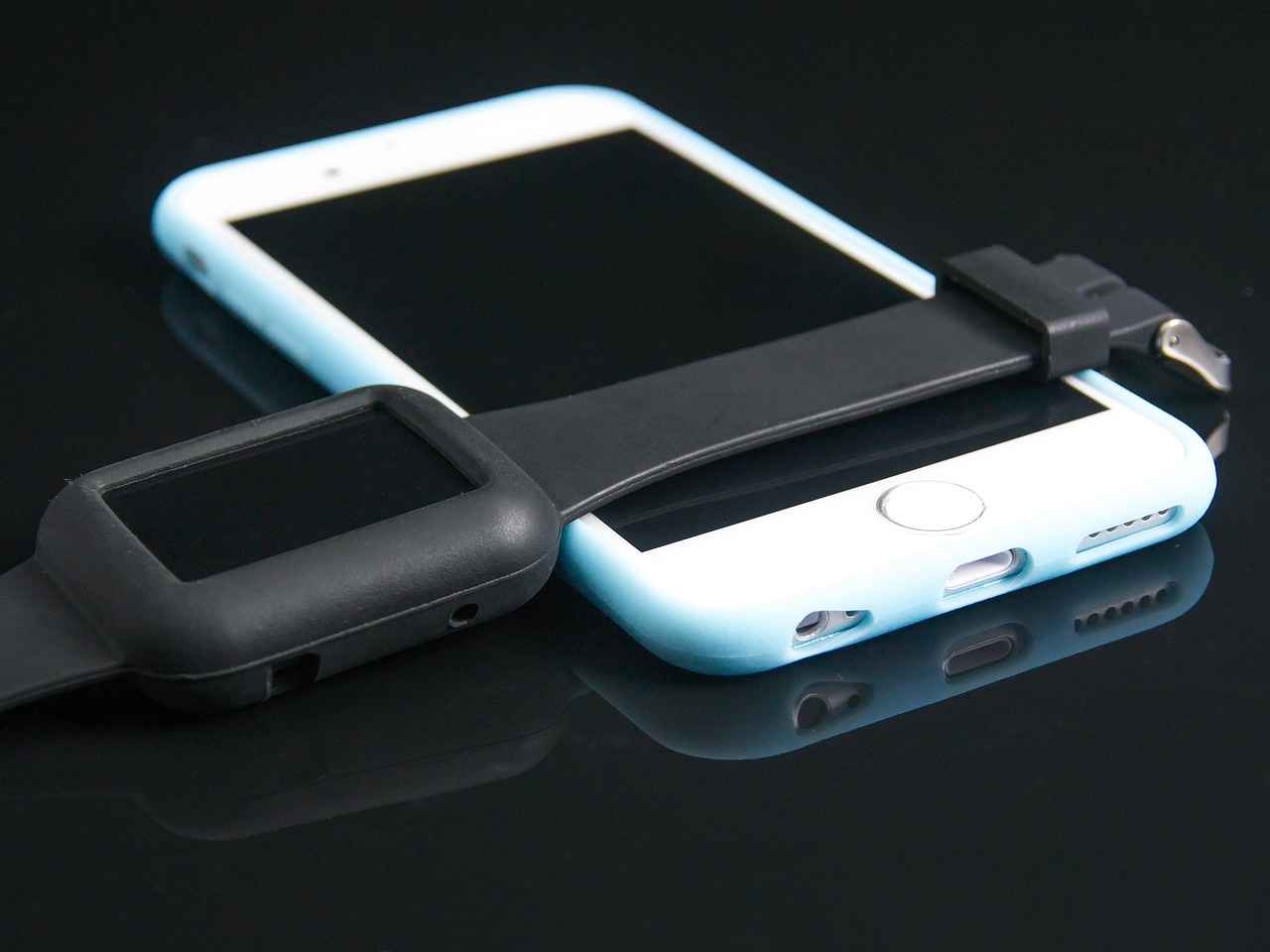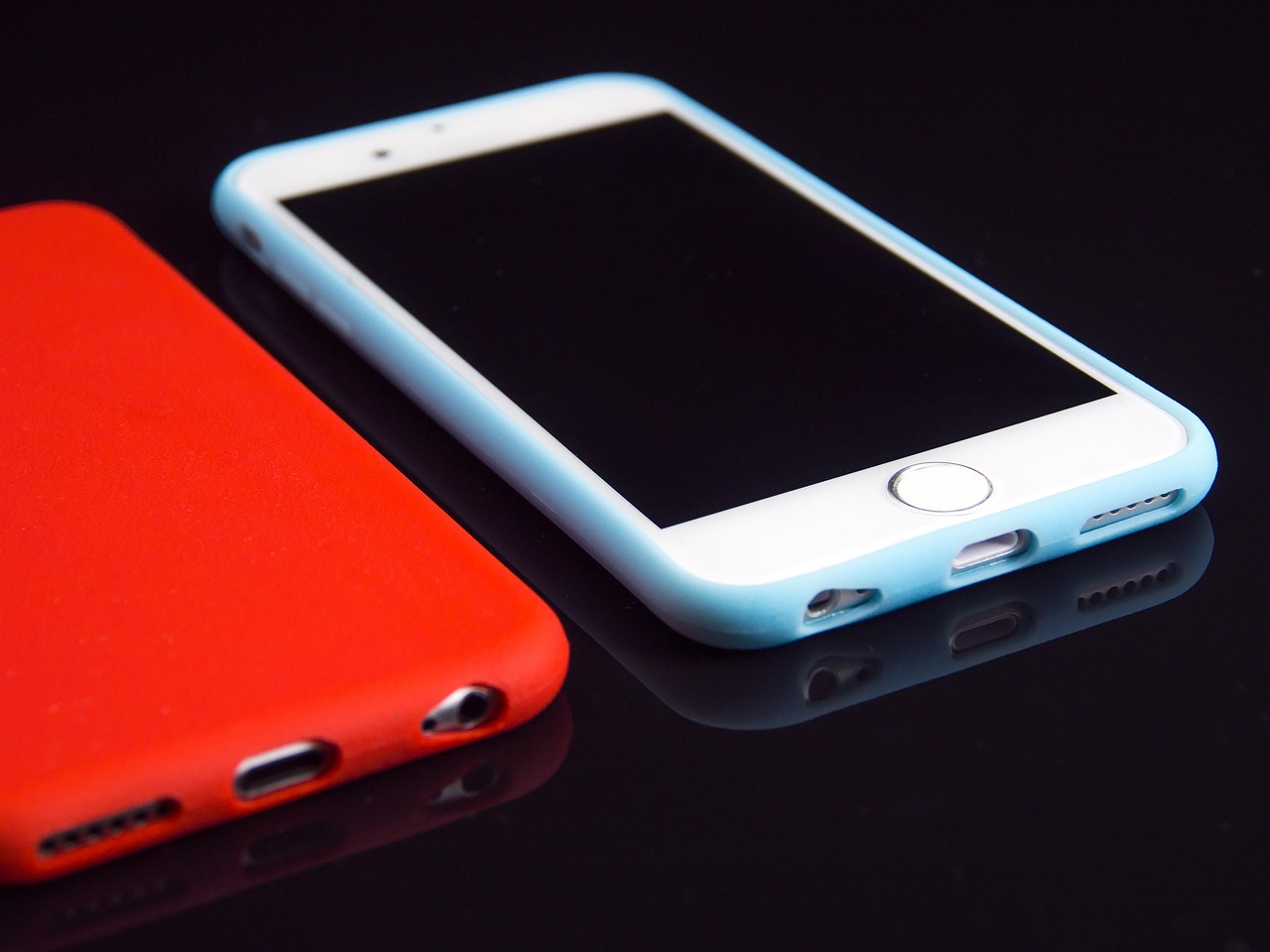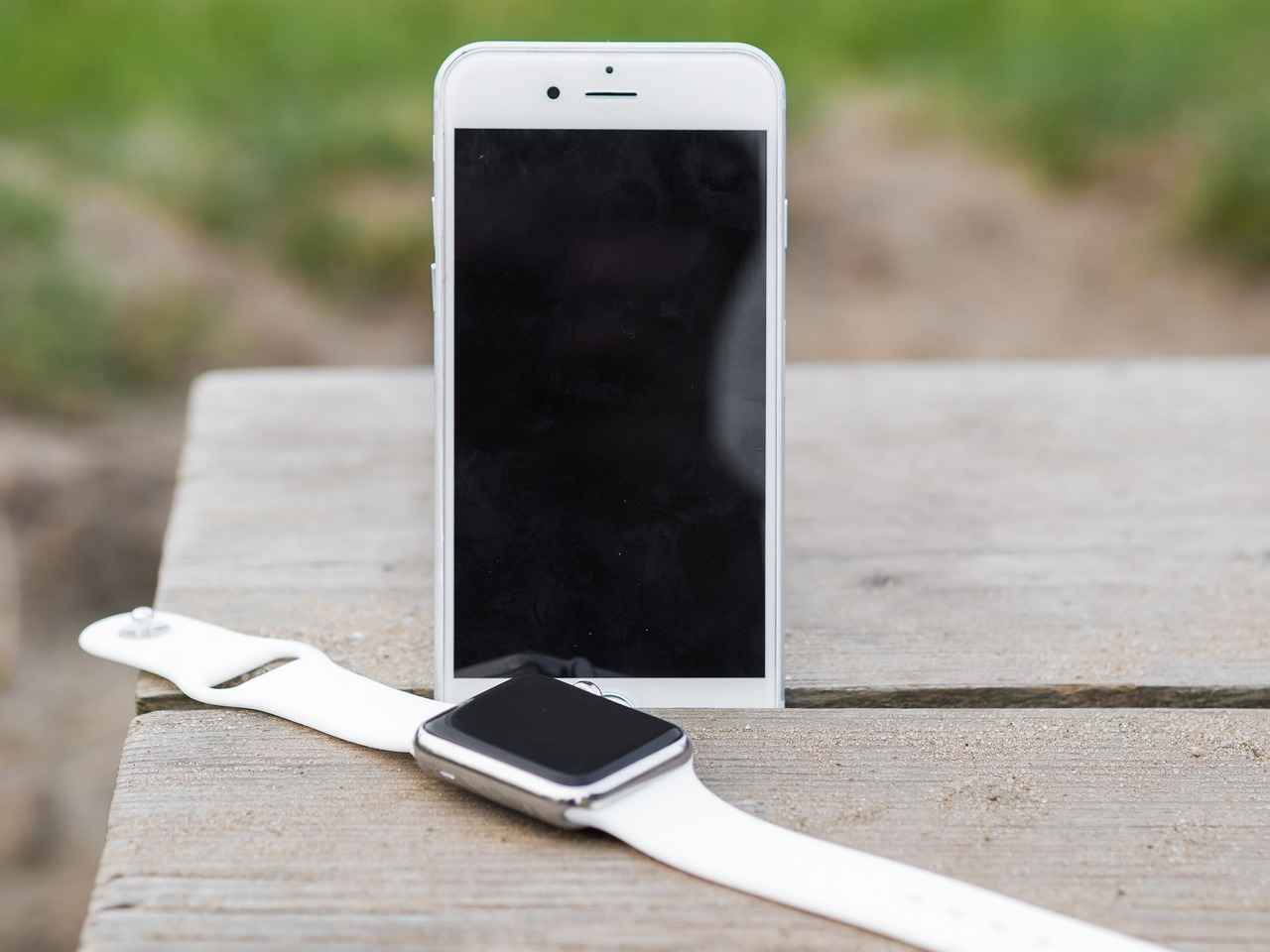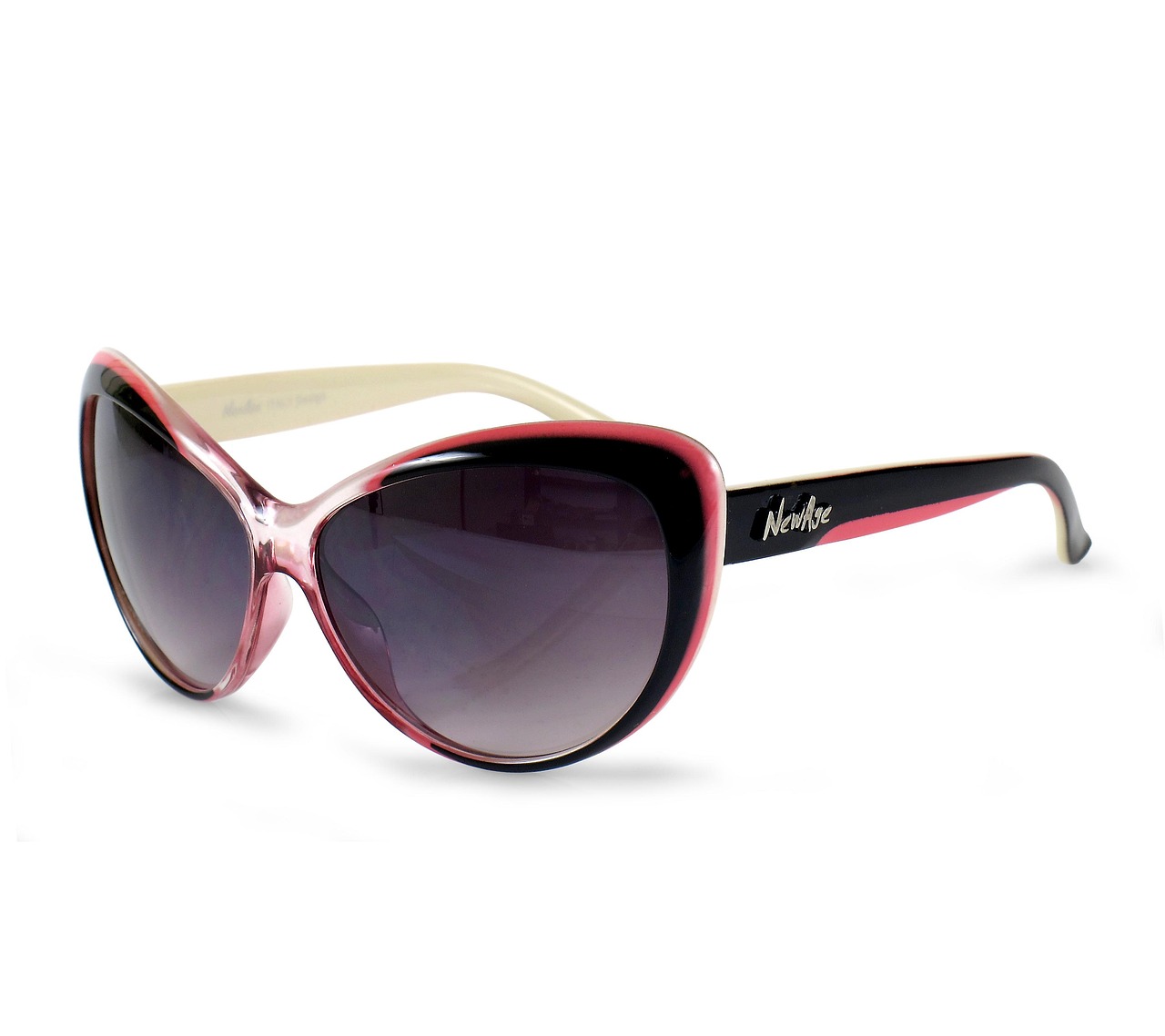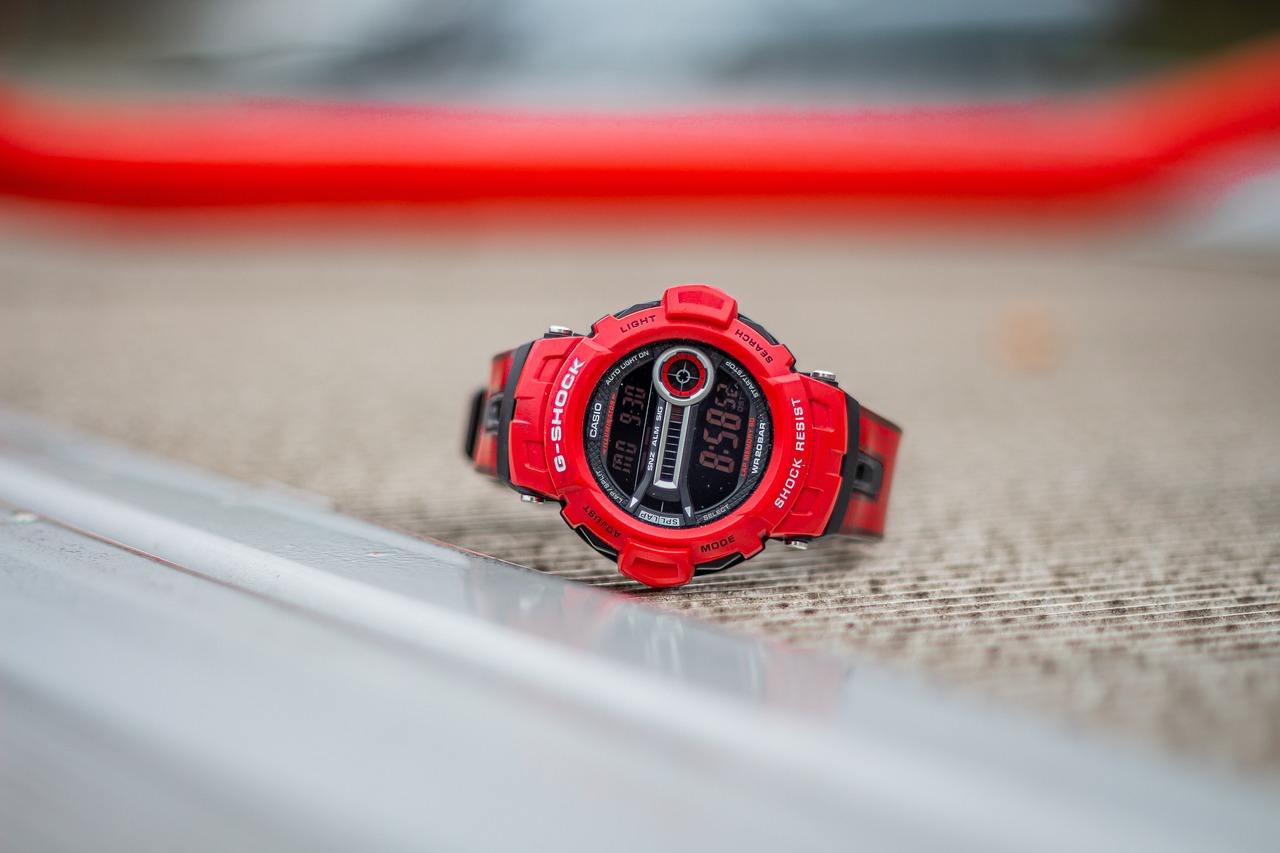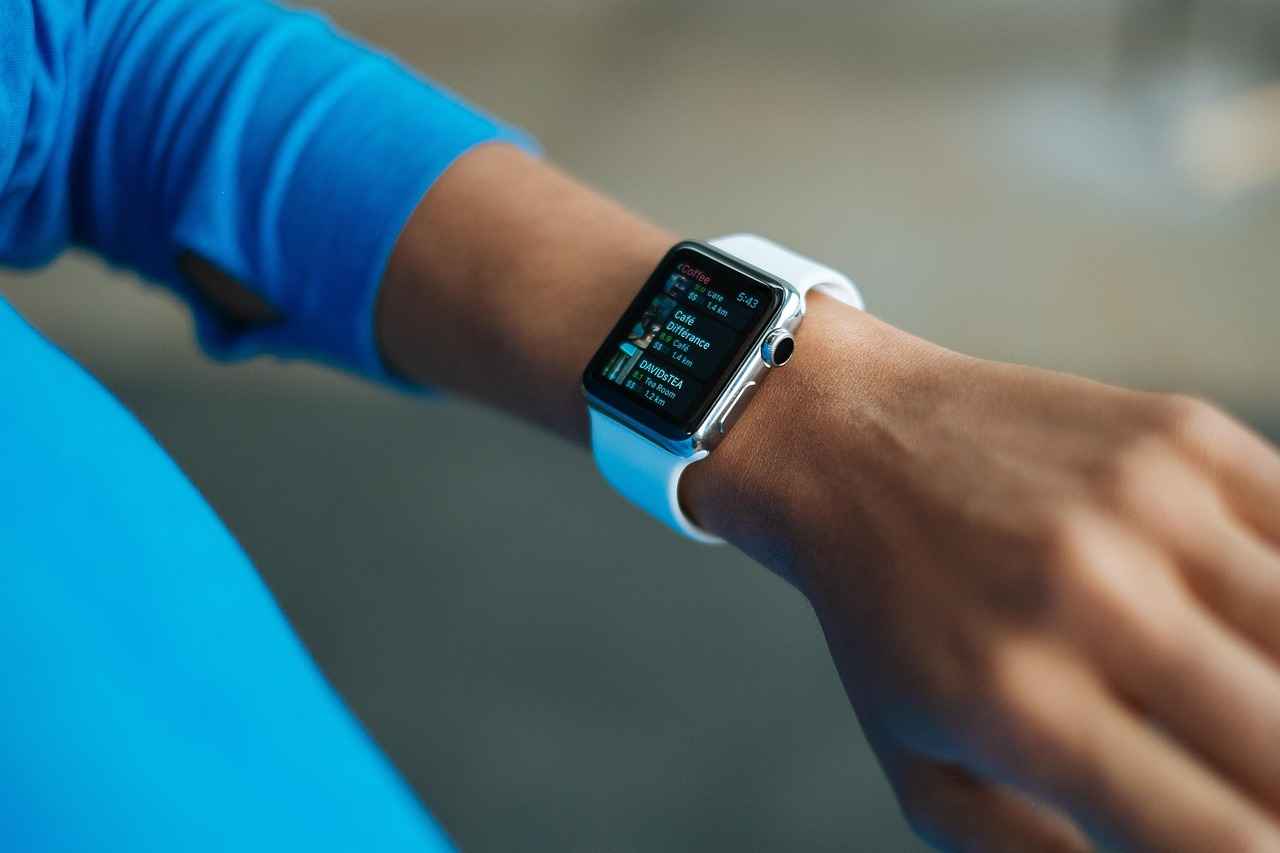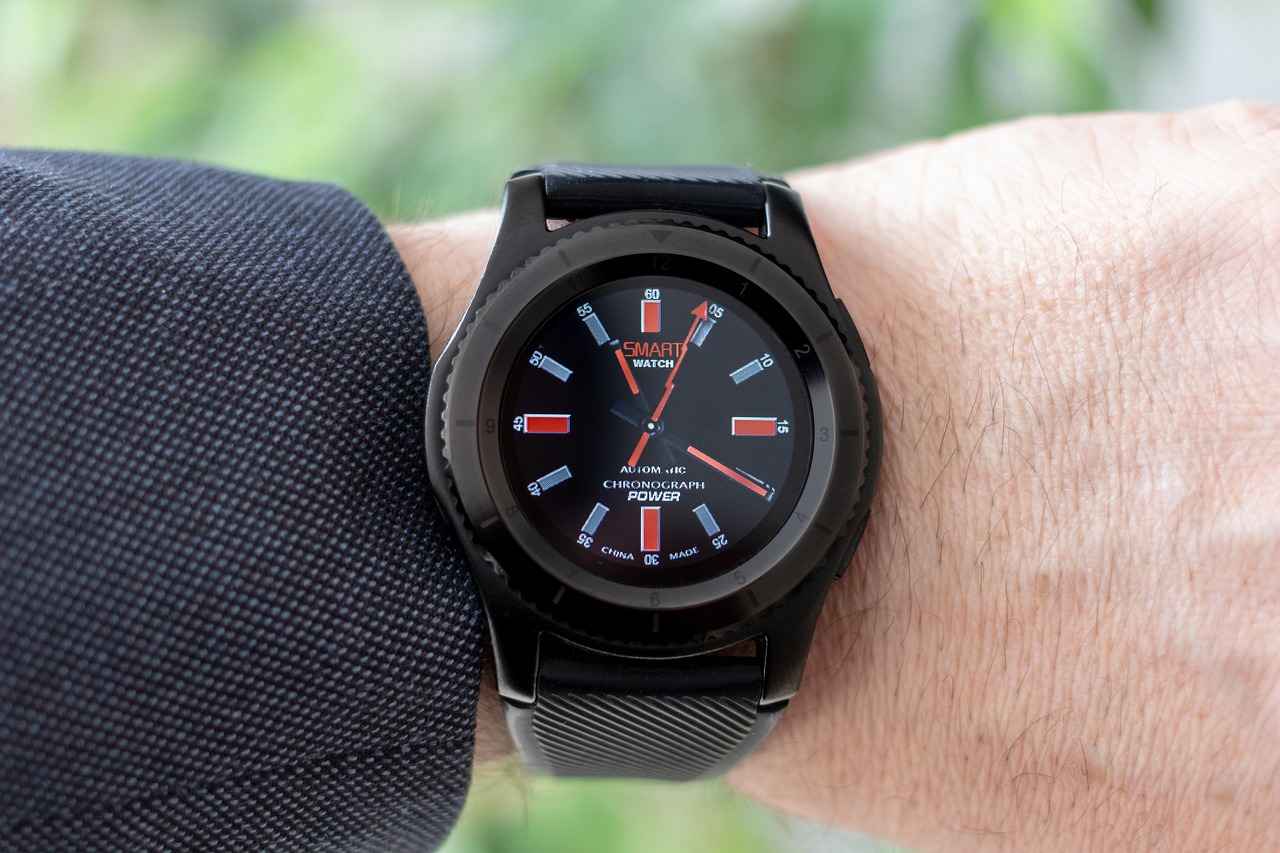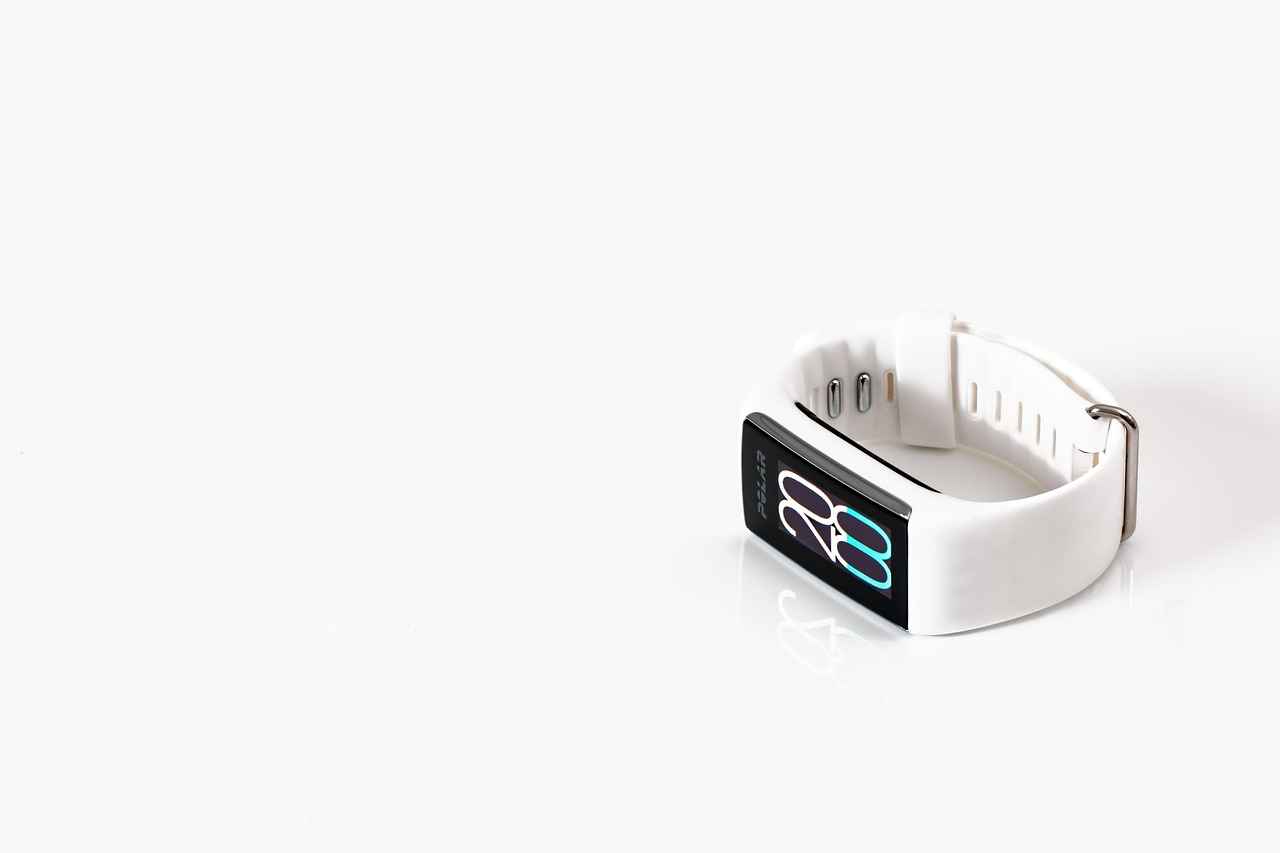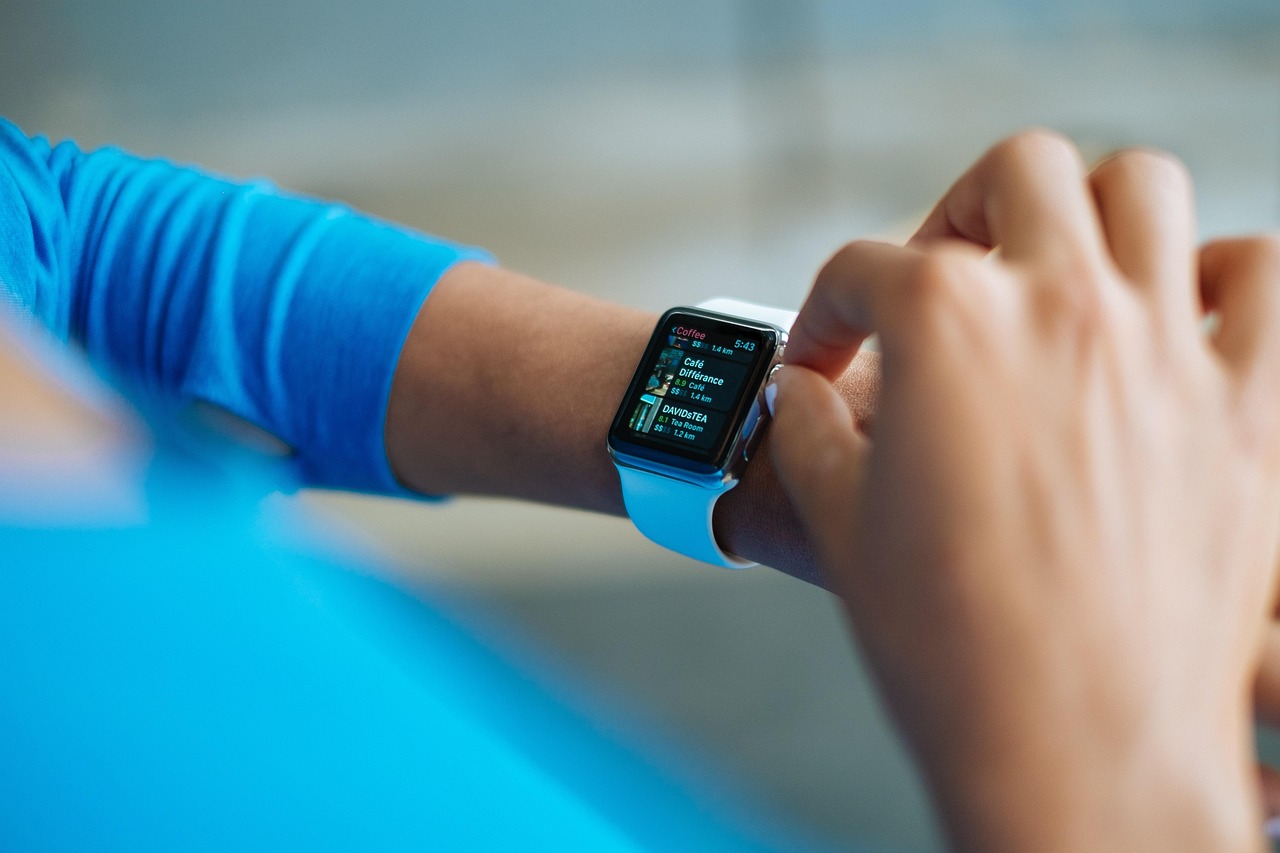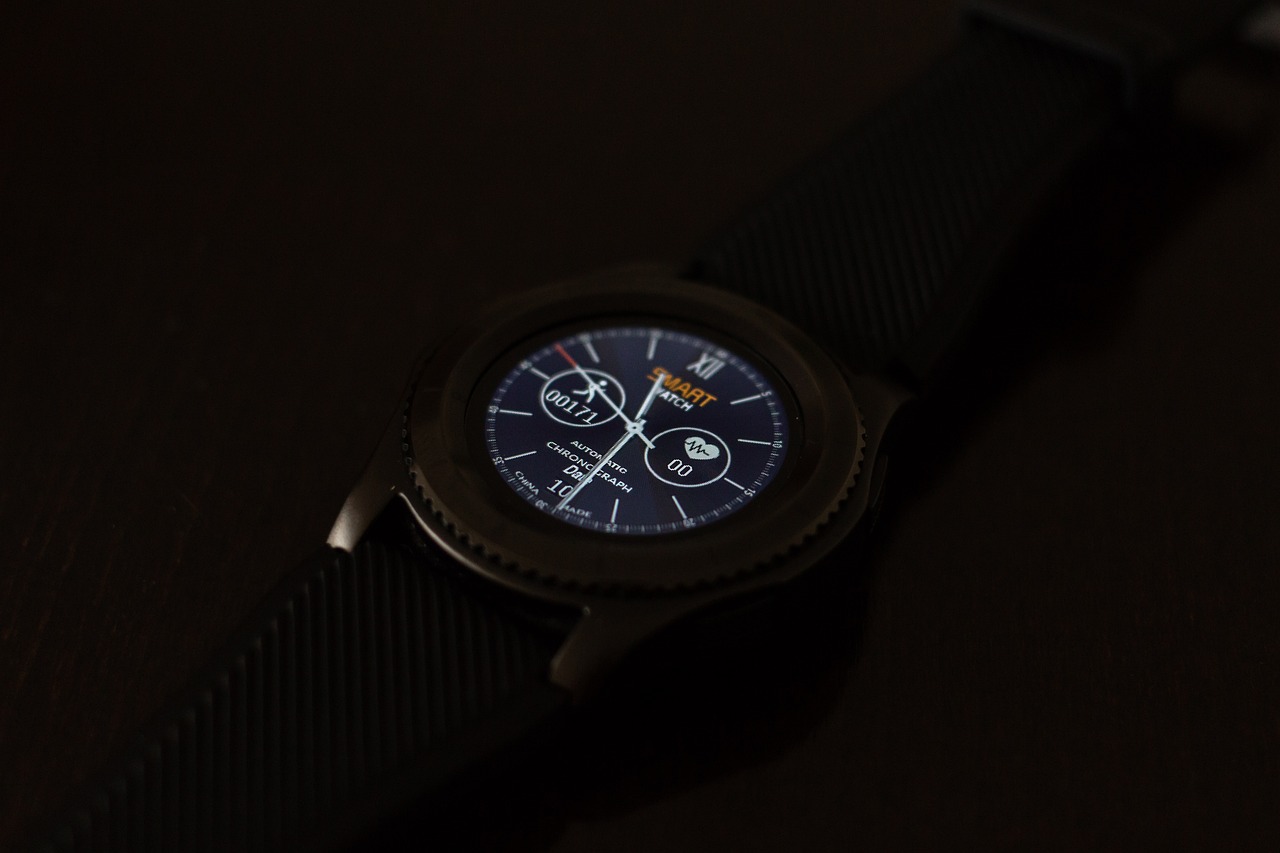This article compares Fitbit and Samsung smartwatches, focusing on their health tracking features, user experience, and overall value to help you make an informed decision.
When it comes to health tracking, both brands have carved out their niches. Fitbit has long been synonymous with fitness monitoring, while Samsung has integrated advanced health features into its smartwatches.
Fitbit has established itself as a leader in health tracking technology, offering a range of models tailored to different fitness levels. Key features include:
- Heart Rate Monitoring: Continuous heart rate tracking for accurate fitness insights.
- Sleep Tracking: Advanced sleep analysis to improve overall sleep quality.
- Activity Tracking: Comprehensive tracking of steps, calories burned, and active minutes.
Samsung smartwatches combine fitness tracking with robust smartwatch capabilities. Notable health features include:
- ECG Monitoring: Electrocardiogram functionality for heart health assessment.
- Blood Oxygen Monitoring: Measurement of blood oxygen levels for enhanced health insights.
- Stress Management: Tools to monitor and manage stress levels effectively.
Analyzing the health tracking capabilities of both brands reveals significant differences:
- Heart Rate Accuracy: Fitbit is known for its precise heart rate monitoring, while Samsung’s technology is also reliable but may vary by model.
- Sleep Analysis: Fitbit provides detailed sleep stages, while Samsung offers basic sleep tracking features.
- Exercise Tracking: Both brands support a variety of workout modes, but Fitbit’s dedicated fitness focus may appeal more to fitness enthusiasts.
The user experience significantly impacts smartwatch effectiveness. Fitbit’s interface is intuitive, making it easy to navigate health metrics. Samsung’s interface, while feature-rich, may require a learning curve for new users.
Companion apps enhance functionality. The Fitbit app is user-friendly, providing insights and community challenges. In contrast, the Samsung Health app offers extensive features but may feel overwhelming due to its complexity.
Both brands excel in keeping users connected. Samsung offers more robust notification options, including quick replies, while Fitbit focuses on activity reminders and health notifications.
Battery life is crucial for smartwatch users. Fitbit devices typically last longer on a single charge compared to Samsung, which may require more frequent charging depending on usage.
Price is often a deciding factor. Fitbit smartwatches generally fall into a more budget-friendly range, while Samsung offers premium features at a higher price point. Evaluating the features against price can help determine the best value.
User feedback highlights the reliability of Fitbit for fitness tracking, while experts praise Samsung for its advanced health features. Both brands have their loyal fan bases, reflecting varied user preferences.
Choosing between Fitbit and Samsung depends on individual preferences and health tracking needs. Consider what features matter most to you and how you plan to use your smartwatch in your daily life.
![]()
Overview of Fitbit Smartwatches
Fitbit has become synonymous with health tracking, offering a range of smartwatches that cater to fitness enthusiasts and casual users alike. With a commitment to innovation, Fitbit continuously enhances its devices, integrating advanced health features that empower users to take control of their well-being.
Among the various models, the Fitbit Charge series stands out for its comprehensive health monitoring capabilities. These devices provide 24/7 heart rate monitoring, allowing users to track their heart health throughout the day. Additionally, the Charge series offers detailed sleep tracking, providing insights into sleep duration and quality, which can help users make informed adjustments for better rest.
Another notable model is the Fitbit Versa, which combines fitness tracking with smartwatch functionality. The Versa includes features such as on-screen workouts and guided breathing sessions, making it easier for users to incorporate wellness practices into their daily routines. Moreover, the Versa’s ability to track various exercise modes, including swimming and cycling, enhances its versatility.
Fitbit also caters to specific health needs with models like the Fitbit Inspire, which is designed for those seeking a more streamlined experience. This model focuses on essential health metrics, such as step counting and calorie tracking, while still providing heart rate monitoring and sleep insights.
Overall, Fitbit’s range of smartwatches is characterized by their user-friendly interfaces and robust health features. With a focus on user engagement and community support, Fitbit encourages users to set goals and maintain a healthy lifestyle. As the brand continues to evolve, it remains a top choice for those looking to enhance their health tracking capabilities.
![]()
Overview of Samsung Smartwatches
Samsung smartwatches are renowned for their innovative features that seamlessly integrate fitness tracking with advanced smartwatch capabilities. With a focus on health and wellness, these devices offer a comprehensive suite of health monitoring tools designed to empower users in their fitness journeys.
One of the standout features of Samsung smartwatches is the Electrocardiogram (ECG) functionality. This feature allows users to monitor their heart health by detecting irregular heart rhythms, which can be crucial for early detection of potential health issues. The ECG feature is accessible through the Samsung Health app, providing an easy-to-use interface for users to track their heart health over time.
In addition to ECG, Samsung models also include blood oxygen monitoring (SpO2), which measures the oxygen saturation levels in the blood. This feature is particularly beneficial for athletes and individuals interested in understanding their respiratory health, especially during workouts or high-altitude activities.
Another significant health feature is the stress management tool, which utilizes heart rate variability to provide insights into the user’s stress levels. Users can engage in guided breathing exercises directly from their smartwatch, promoting relaxation and mindfulness.
Samsung smartwatches also excel in sleep tracking. They monitor various sleep stages, providing detailed insights into sleep quality, duration, and patterns. This information is invaluable for users aiming to improve their sleep hygiene and overall well-being.
Furthermore, the integration of fitness tracking features, such as GPS tracking, step counting, and workout modes, ensures that users can stay motivated and engaged in their fitness goals. Samsung’s robust ecosystem, including compatibility with other health devices and apps, enhances the overall user experience.
In summary, Samsung smartwatches not only serve as stylish accessories but also as powerful health management tools. With features like ECG, blood oxygen monitoring, and comprehensive fitness tracking, they cater to a wide range of health-conscious users seeking to enhance their lifestyle.
![]()
Health Tracking Features: Fitbit vs. Samsung
When it comes to health tracking, Fitbit and Samsung smartwatches stand out for their unique features and capabilities. Analyzing the health tracking capabilities of both brands reveals significant differences that can greatly impact user experience and effectiveness. This section highlights key features such as heart rate accuracy, sleep analysis, and exercise tracking.
Heart Rate Monitoring
Heart rate monitoring is a critical feature for fitness enthusiasts and health-conscious individuals alike. Fitbit utilizes advanced optical sensors to provide real-time heart rate tracking, which is generally regarded as reliable across various activities. In contrast, Samsung smartwatches also incorporate similar technology, but some users have reported discrepancies in heart rate readings during high-intensity workouts. This difference in accuracy can influence how users perceive their workout intensity and overall health.
Sleep Tracking
Quality sleep is essential for overall health, and both brands offer innovative solutions for tracking sleep patterns. Fitbit employs a comprehensive sleep scoring system that evaluates sleep stages and provides detailed insights, helping users identify areas for improvement. Meanwhile, Samsung smartwatches offer sleep tracking features that include sleep apnea detection and stress management tools, making them suitable for users who prioritize holistic health management.
Exercise and Activity Tracking
Activity tracking is another area where both brands excel, yet they approach it differently. Fitbit emphasizes a broad range of exercise modes, allowing users to track specific workouts, from running to yoga. On the other hand, Samsung integrates its activity tracking with a more extensive suite of fitness apps, providing users with a comprehensive ecosystem for managing their fitness goals. Both brands track steps, calories burned, and other vital metrics, but the choice often comes down to personal preference and specific fitness needs.
Heart Rate Monitoring
is a vital component for fitness enthusiasts aiming to optimize their workouts and track their overall health. Accurate heart rate tracking can provide insights into cardiovascular fitness, help manage stress levels, and guide users in achieving their fitness goals. In this section, we will compare the accuracy and reliability of heart rate monitoring features in Fitbit and Samsung smartwatches, two of the leading brands in the market.
Both Fitbit and Samsung have integrated advanced heart rate sensors in their devices, but their approaches and technologies differ. Fitbit smartwatches utilize a technology called PurePulse, which employs optical heart rate monitoring. This method uses light to detect blood flow and calculate heart rate. Users have reported that Fitbit’s heart rate tracking is generally reliable during steady-state exercises, such as running or cycling. However, during high-intensity workouts, some users have noted occasional discrepancies in heart rate readings.
On the other hand, Samsung smartwatches, particularly the Galaxy Watch series, feature a similar optical heart rate sensor but also include additional capabilities such as Electrocardiogram (ECG) monitoring. This provides a more comprehensive view of heart health, allowing users to detect irregular heart rhythms. Samsung’s heart rate monitoring is often praised for its accuracy, especially when paired with the Samsung Health app, which provides detailed analytics and trends over time.
In terms of user experience, both brands offer customizable heart rate alerts, allowing users to set thresholds that trigger notifications during workouts. This feature can be particularly beneficial for those aiming to maintain specific heart rate zones for fat burning or cardiovascular endurance.
Ultimately, while both Fitbit and Samsung provide solid heart rate monitoring capabilities, the choice may come down to individual preferences and specific health needs. Users looking for comprehensive heart health features may lean towards Samsung, while those seeking straightforward fitness tracking might prefer Fitbit’s user-friendly interface and reliable performance.
Sleep Tracking
Quality sleep is essential for overall health and well-being. Both Fitbit and Samsung have developed advanced technologies to track sleep patterns, providing users with valuable insights into their nightly rest. Understanding how each brand approaches sleep tracking can help users make informed decisions about which device best suits their needs.
Fitbit Sleep Tracking Features
- Sleep Stages: Fitbit uses a combination of heart rate variability, movement data, and sleep patterns to categorize sleep into light, deep, and REM stages. This detailed breakdown helps users understand the quality of their sleep.
- Sleep Score: Fitbit provides a sleep score based on various metrics, including duration, restlessness, and sleep stages. This score helps users gauge their sleep quality and make necessary adjustments.
- Smart Wake: Some Fitbit models include a Smart Wake feature that gently wakes users during a light sleep phase, making it easier to rise feeling refreshed.
Samsung Sleep Tracking Features
- Sleep Analysis: Samsung smartwatches utilize sensors to monitor sleep patterns and offer insights into sleep quality, duration, and disturbances throughout the night.
- Sleep Coaching: The Samsung Health app provides personalized coaching based on sleep data, recommending habits to improve sleep quality.
- Integration with Smart Home Devices: Samsung’s sleep tracking can integrate with smart home devices, allowing users to create an optimal sleep environment by adjusting lighting and temperature.
Comparative Insights
Both Fitbit and Samsung offer robust sleep tracking features, but they cater to different user preferences. Fitbit focuses on detailed sleep stage analysis and user-friendly metrics, while Samsung emphasizes a more holistic approach with personalized coaching and smart home integration. Ultimately, the choice may depend on whether users prefer in-depth data or broader lifestyle integration.
By leveraging these insights, users can take actionable steps towards better sleep management, leading to improved overall health and wellness.
Exercise and Activity Tracking
When it comes to , both Fitbit and Samsung have developed robust systems designed to keep users engaged and motivated. These features are essential for anyone looking to improve their fitness levels or maintain an active lifestyle. Let’s delve deeper into how each brand approaches tracking workouts and daily activities, including steps taken, calories burned, and various workout modes.
Fitbit offers a comprehensive suite of tracking capabilities that include:
- Steps Tracking: Fitbit devices utilize advanced sensors to accurately count steps throughout the day, providing real-time feedback to users.
- Calorie Burn Estimation: By analyzing activity levels and heart rate data, Fitbit calculates calories burned, helping users understand their energy expenditure.
- Workout Modes: Users can choose from multiple workout modes, such as running, cycling, and swimming, to get detailed stats during their exercises.
On the other hand, Samsung smartwatches also excel in activity tracking, featuring:
- Automatic Activity Detection: Samsung devices automatically recognize when you start exercising, making it easy to track workouts without manual input.
- Integrated Health Metrics: In addition to steps and calories, Samsung offers insights into heart rate and stress levels during activities.
- Customizable Workout Modes: Users can select from various workout types or create custom modes, allowing for a personalized fitness experience.
Both brands emphasize the importance of user motivation through activity tracking. Fitbit’s community features encourage users to participate in challenges and share progress, while Samsung integrates social sharing options in its health app to foster a sense of community.
In conclusion, both Fitbit and Samsung provide effective tools for , each with unique features designed to enhance user motivation. By understanding these differences, users can choose the smartwatch that best fits their fitness goals.
![]()
User Experience and Interface
The user experience plays a crucial role in determining the effectiveness of smartwatches, particularly when it comes to health tracking. Both Fitbit and Samsung have invested significantly in creating interfaces that are not only functional but also intuitive for users. This section delves into the interface design, ease of use, and customization options available in their smartwatches, highlighting how these factors enhance or hinder the overall user experience.
When it comes to interface design, Fitbit smartwatches are known for their simplicity and minimalistic approach. The user interface is straightforward, allowing users to navigate through various health metrics with ease. This is particularly beneficial for users who may not be tech-savvy. On the other hand, Samsung smartwatches offer a more dynamic interface, featuring vibrant graphics and customizable watch faces. This flexibility appeals to users who enjoy personalizing their devices.
Ease of use is another critical aspect. Fitbit’s streamlined menus and touch responsiveness make it easy to access health data quickly. Users can check their heart rate, steps, and sleep stats with just a few taps. In contrast, Samsung’s interface, while feature-rich, may require a learning curve due to its numerous functionalities. However, once mastered, it provides a wealth of information at the user’s fingertips.
Customization options are where both brands shine but in different ways. Fitbit allows users to choose from a variety of watch bands and customizable clock faces, making it easy to match personal style. Samsung, however, takes customization a step further by enabling users to download various apps and widgets, offering a more tailored experience.
| Feature | Fitbit | Samsung |
|---|---|---|
| Interface Design | Simplistic and user-friendly | Dynamic and customizable |
| Ease of Use | Quick access to health metrics | Feature-rich but requires learning |
| Customization | Watch bands and clock faces | Apps and widgets |
In summary, the user experience in both Fitbit and Samsung smartwatches reflects their distinct design philosophies. While Fitbit prioritizes simplicity and ease of navigation, Samsung offers a more complex but feature-rich experience. Choosing between the two ultimately depends on individual preferences and how users prioritize functionality versus customization.
Mobile App Functionality
Mobile apps play a crucial role in enhancing the functionality of smartwatches, acting as a bridge between the user and their health data. In this section, we will explore the features and usability of the Fitbit app and the Samsung Health app, two of the most popular companion applications for their respective smartwatches.
The Fitbit app is designed with a user-friendly interface that allows users to easily navigate through their health metrics. It offers a comprehensive dashboard displaying key statistics such as steps taken, calories burned, and heart rate. Users can also set personalized goals and track their progress over time. One of the standout features of the Fitbit app is its community aspect, where users can join challenges and compete with friends, making fitness more engaging.
On the other hand, the Samsung Health app provides a more holistic approach to health tracking. It not only tracks physical activities but also offers features for nutrition tracking, stress management, and sleep analysis. The app is integrated with various Samsung devices, creating a seamless ecosystem for users. Moreover, Samsung Health includes a variety of workout programs and guided exercises, which can be particularly beneficial for users looking to enhance their fitness routines.
| Feature | Fitbit App | Samsung Health App |
|---|---|---|
| User Interface | User-friendly and intuitive | Holistic and comprehensive |
| Community Features | Challenges and competitions | None |
| Nutrition Tracking | Limited | Comprehensive |
| Guided Workouts | Basic | Extensive |
In terms of usability, both apps offer compatibility with a variety of devices, but the Fitbit app is often praised for its simplicity, making it accessible for users of all ages. Conversely, the Samsung Health app might have a steeper learning curve due to its extensive features, but it rewards users with a more detailed insight into their overall health.
Ultimately, the choice between the two apps may come down to personal preference and specific health goals. Whether you prefer the community-driven approach of Fitbit or the comprehensive tracking capabilities of Samsung Health, both apps significantly enhance the functionality of their respective smartwatches.
Notifications and Connectivity
Staying connected is essential for smartwatch users, as it enhances the overall functionality and usability of these devices. In this section, we will delve into how Fitbit and Samsung manage notifications, calls, and connectivity with other devices, ensuring users remain in touch without compromising their health tracking capabilities.
Both brands have made significant strides in notification management. Fitbit smartwatches provide users with the ability to receive notifications from their smartphones, including texts, emails, and app alerts. The Fitbit app allows customization of these notifications, enabling users to prioritize what matters most to them. This feature is particularly beneficial for those who want to stay connected without being overwhelmed by constant alerts.
On the other hand, Samsung smartwatches offer a more integrated experience with their Galaxy ecosystem. Users can receive notifications not only from their smartphones but also from other connected devices, such as tablets and smart home appliances. This seamless connectivity allows for a more cohesive user experience, making it easier to manage communications on the go.
When it comes to call handling, both brands provide options for answering and rejecting calls directly from the watch. Fitbit users can view incoming calls and respond with quick replies, while Samsung users can enjoy a more advanced feature set, including the ability to make calls directly from the watch, thanks to its built-in speaker and microphone.
In terms of connectivity, both Fitbit and Samsung smartwatches support Bluetooth and Wi-Fi connections, allowing for easy syncing with smartphones and other devices. However, Samsung smartwatches often come with additional features like LTE connectivity, enabling users to stay connected even when they are away from their phones. This is a significant advantage for those who prefer to exercise without carrying their smartphones.
In summary, while both Fitbit and Samsung offer robust notification and connectivity features, Samsung’s integration with its ecosystem and advanced calling capabilities may appeal more to users seeking a comprehensive smartwatch experience. Ultimately, the choice will depend on individual preferences and how users prioritize connectivity alongside health tracking.
![]()
Battery Life Comparison
When it comes to choosing a smartwatch, battery life is an essential consideration for users. Both Fitbit and Samsung have made strides in optimizing battery performance, but their approaches and results vary significantly. This section delves into the battery longevity and charging times of these two leading brands, providing insights to help you choose the best option for your lifestyle.
Fitbit Smartwatches are known for their impressive battery endurance. Many models, such as the Fitbit Charge series, boast a battery life that can last up to seven days on a single charge, depending on usage. This longevity is particularly beneficial for those who prefer to wear their devices overnight for sleep tracking without the hassle of daily charging. Furthermore, Fitbit’s quick charge feature allows users to gain up to a day’s worth of battery life with just a 12-minute charge, making it convenient for users on the go.
On the other hand, Samsung Smartwatches, like the Galaxy Watch series, offer a different experience. While the battery life can reach approximately two to three days under typical usage, this can vary significantly based on the features utilized, such as GPS and always-on display settings. Samsung devices also support fast charging, allowing users to achieve a full charge in about two hours, which is competitive but not as rapid as Fitbit’s quick charge.
| Feature | Fitbit | Samsung |
|---|---|---|
| Battery Life | Up to 7 Days | 2-3 Days |
| Quick Charge | 12 min for 1 Day | Full Charge in 2 Hours |
| Charging Time | Approx. 2 Hours | Approx. 2 Hours |
In summary, while both Fitbit and Samsung offer competitive battery life and efficient charging options, your choice may ultimately depend on your daily routine and how you intend to use your smartwatch. If you prioritize longer battery life for continuous health tracking, Fitbit may be the better option. Conversely, if you prefer a device with more advanced features and are okay with more frequent charging, Samsung could be the right choice for you.
![]()
Pricing and Value for Money
When it comes to purchasing a smartwatch, price is often a crucial factor that influences consumer decisions. In this section, we will delve into the price ranges of both Fitbit and Samsung smartwatches, providing a comprehensive evaluation of their value based on features offered.
Fitbit smartwatches typically range from $70 to $250, depending on the model and features. The entry-level models, like the Fitbit Inspire series, offer essential health tracking functionalities such as step counting and heart rate monitoring, making them an attractive option for budget-conscious consumers. On the other hand, higher-end models like the Fitbit Sense provide advanced features such as stress management tools and ECG monitoring, justifying their higher price point.
In contrast, Samsung smartwatches fall into a higher price bracket, generally ranging from $250 to $400. The Galaxy Watch series is known for its robust smartwatch capabilities, including notifications, app integrations, and customizable watch faces. The Galaxy Watch 4, for example, offers comprehensive health tracking features, including body composition analysis and sleep tracking, which appeal to fitness enthusiasts willing to invest more for enhanced functionality.
To better illustrate the comparison, the following table summarizes the price and key features of popular models from both brands:
| Brand | Model | Price Range | Key Features |
|---|---|---|---|
| Fitbit | Fitbit Inspire 2 | $70 – $100 | Heart rate tracking, sleep monitoring, 10+ exercise modes |
| Fitbit | Fitbit Sense | $230 – $250 | ECG, stress management, skin temperature tracking |
| Samsung | Galaxy Watch 4 | $250 – $300 | Body composition analysis, ECG, blood oxygen monitoring |
| Samsung | Galaxy Watch 4 Classic | $350 – $400 | Rotating bezel, advanced health tracking, LTE option |
Ultimately, the choice between Fitbit and Samsung smartwatches should be guided by your personal health tracking needs and budget. While Fitbit offers more affordable options, Samsung provides a broader range of features that may justify the higher price for some users.
![]()
Customer Reviews and Expert Opinions
When evaluating the performance of smartwatches, user feedback and expert reviews play a pivotal role. They provide valuable insights into how well these devices perform in real-world scenarios. In this section, we will delve into the experiences shared by customers and the analyses conducted by experts for both Fitbit and Samsung smartwatches.
Many users have praised Fitbit for its user-friendly interface and reliable health tracking capabilities. Customers frequently highlight the accuracy of heart rate monitoring and the effectiveness of sleep tracking features. A common sentiment is that Fitbit devices help users stay motivated by providing detailed insights into their daily activities and sleep patterns. However, some reviews mention that the battery life could be improved, especially for models with advanced features.
On the other hand, Samsung smartwatches are often commended for their versatility, combining fitness tracking with smartwatch functionalities. Users appreciate the comprehensive health features, such as ECG and blood oxygen monitoring, which are not always available in other brands. However, some customers have reported that the interface can be less intuitive compared to Fitbit, leading to a steeper learning curve for new users.
| Brand | User Feedback Highlights | Expert Opinions |
|---|---|---|
| Fitbit | Accurate heart rate and sleep tracking; user-friendly | Highly regarded for health tracking accuracy and simplicity |
| Samsung | Versatile features; advanced health monitoring | Recognized for innovative technology but noted for a complex interface |
Experts have analyzed both brands, often concluding that while Fitbit excels in health tracking, Samsung offers a more comprehensive smartwatch experience. This distinction is crucial for potential buyers to consider, as it can influence their decision based on personal needs and preferences.
In summary, both Fitbit and Samsung have their strengths and weaknesses, and understanding user feedback alongside expert reviews can significantly aid in making an informed choice.
![]()
Final Thoughts on Choosing the Right Smartwatch
When it comes to selecting between Fitbit and Samsung smartwatches, the decision largely hinges on your individual preferences and specific health tracking requirements. Both brands offer distinct features that cater to different user needs, making it essential to evaluate what matters most to you.
Firstly, consider your primary health tracking goals. If you are focused on fitness tracking and want a device that excels in monitoring daily activities, sleep patterns, and heart rate, Fitbit might be the ideal choice. Its devices are renowned for their accuracy in these areas and provide comprehensive insights into your overall health.
On the other hand, if you seek a smartwatch that combines fitness tracking with advanced features like ECG monitoring and blood oxygen levels, Samsung may be more suitable. Their smartwatches integrate seamlessly with other Samsung devices, offering a more holistic approach to both health tracking and connectivity.
Additionally, think about the user experience. Fitbit’s interface is often praised for its simplicity and ease of use, making it accessible for users of all ages. In contrast, Samsung’s interface is more versatile and customizable, which may appeal to tech-savvy users looking for a more tailored experience.
Another critical factor to consider is battery life. If you prefer a device that requires less frequent charging, Fitbit generally offers longer battery life compared to Samsung. This can be particularly beneficial for users who engage in extensive fitness activities or prefer not to charge their devices daily.
Ultimately, the choice between Fitbit and Samsung should align with your lifestyle, health tracking needs, and personal preferences. Take the time to assess what features are most important to you, and consider how each brand’s offerings can support your health and wellness journey.
Frequently Asked Questions
- Which smartwatch is better for health tracking, Fitbit or Samsung?
It really depends on your personal health tracking needs! Fitbit is renowned for its precise heart rate monitoring and sleep tracking features, while Samsung offers advanced capabilities like ECG and blood oxygen monitoring. If you prioritize detailed sleep insights, Fitbit might be your best bet. However, if you’re looking for a more comprehensive health monitoring experience, Samsung could be the winner.
- How does the battery life compare between Fitbit and Samsung smartwatches?
Battery life can vary significantly between models. Generally, Fitbit smartwatches tend to last longer on a single charge, often up to a week, while Samsung devices usually require more frequent charging, around 2-3 days. If you’re someone who hates charging devices frequently, Fitbit might be more appealing!
- Are the companion apps for Fitbit and Samsung user-friendly?
Both the Fitbit app and Samsung Health app are designed with user experience in mind. Fitbit’s app is often praised for its intuitive layout and ease of navigation, making it simple to track your fitness goals. On the other hand, Samsung Health provides a plethora of features but can feel a bit overwhelming for new users. Ultimately, it comes down to personal preference!
- Can I receive notifications on both Fitbit and Samsung smartwatches?
Absolutely! Both brands allow you to receive notifications for calls, texts, and app alerts. However, Samsung’s smartwatches generally offer more robust connectivity options, allowing for a more integrated experience with your smartphone. If staying connected is crucial for you, Samsung might have the edge.
